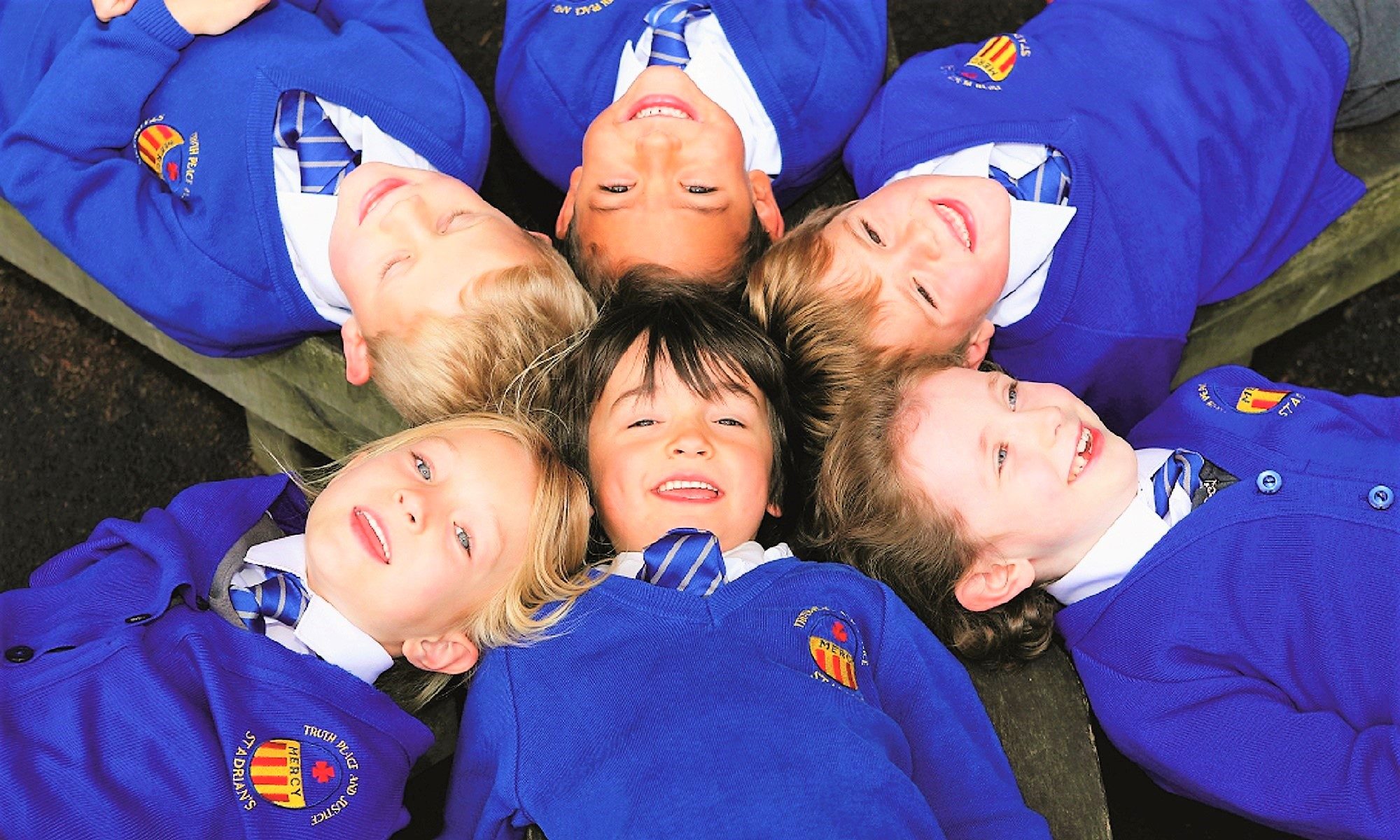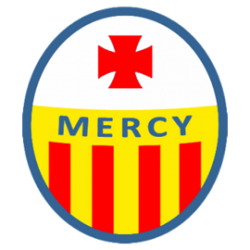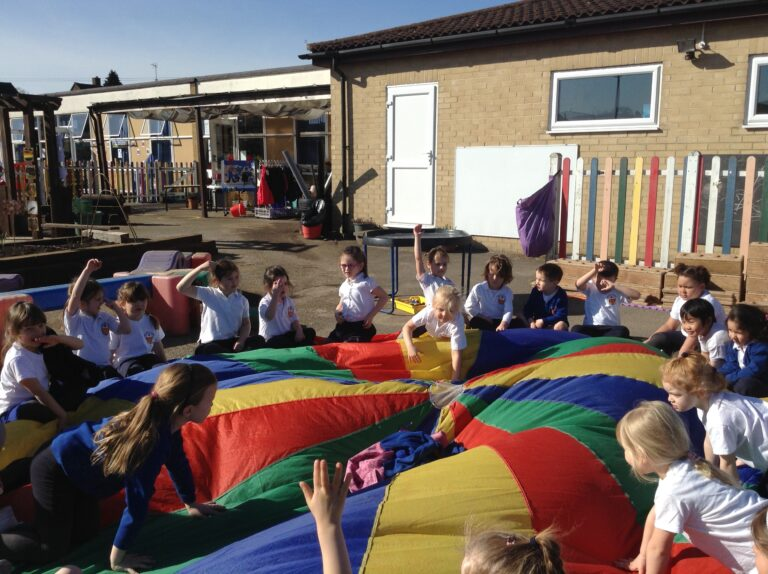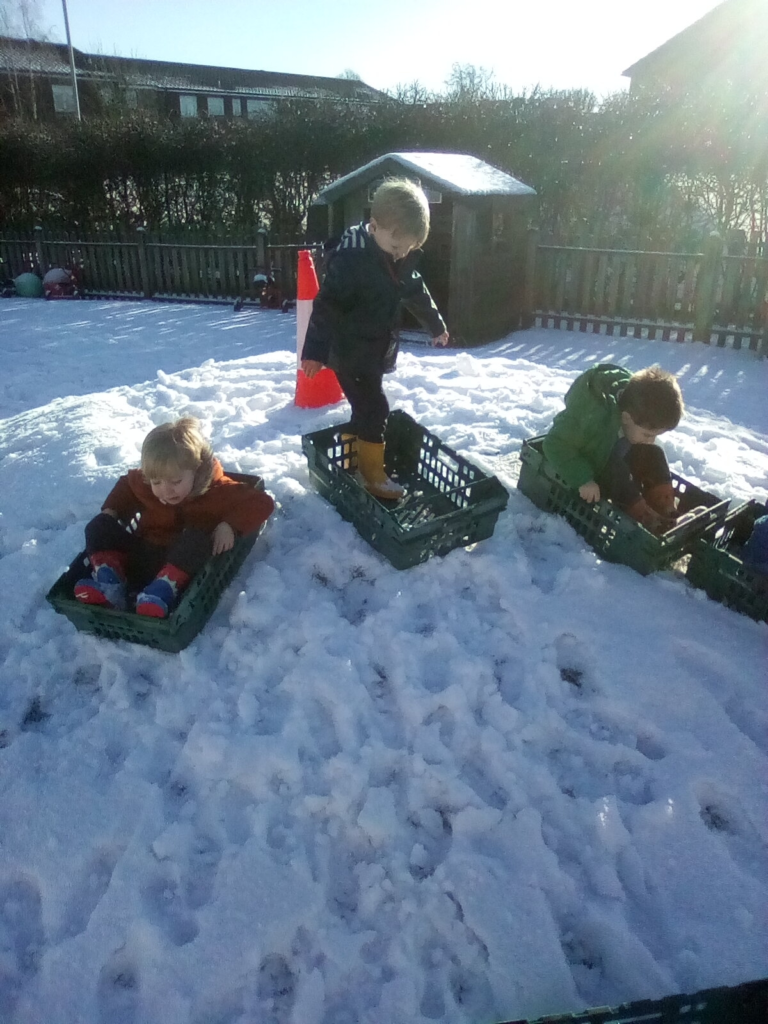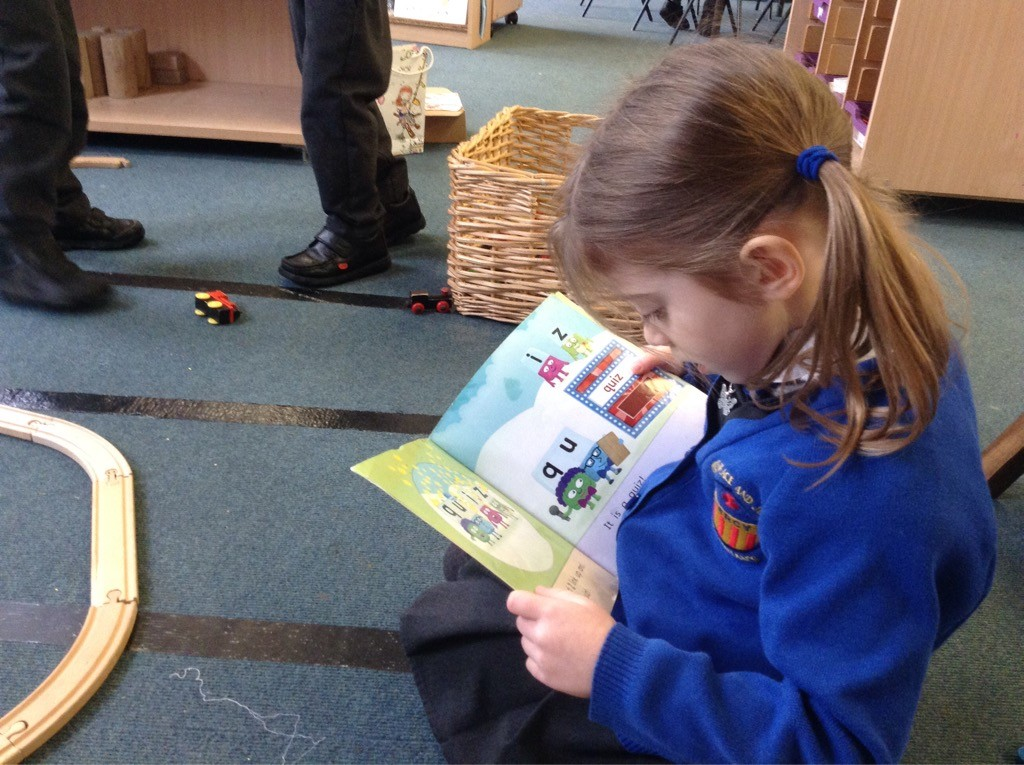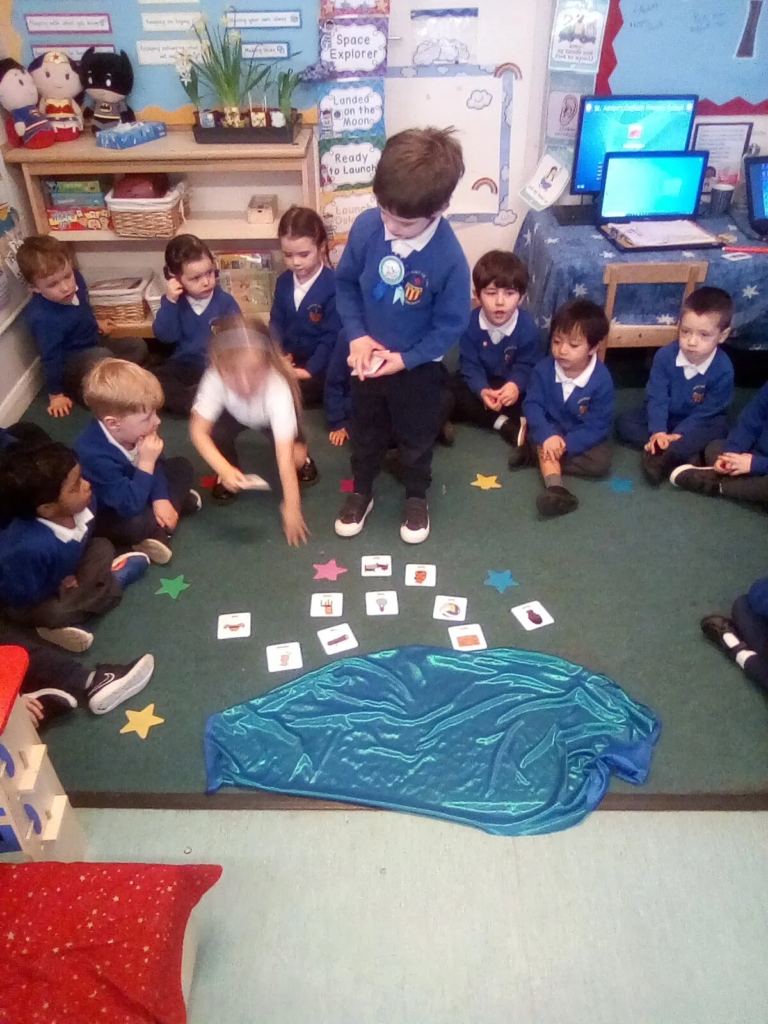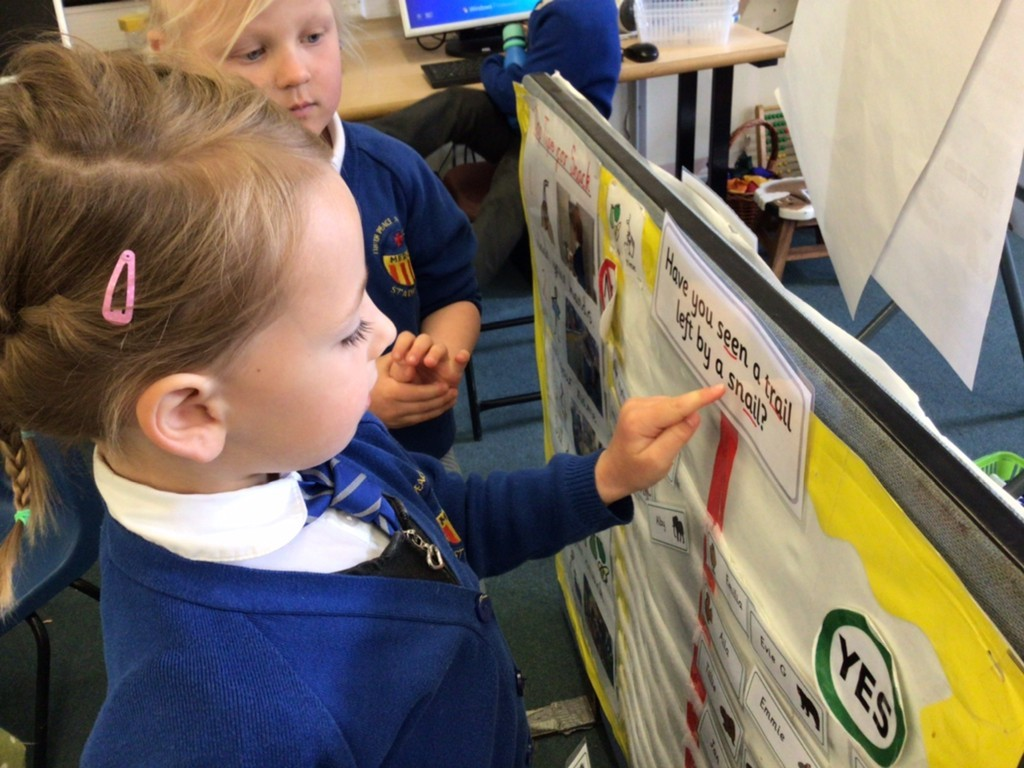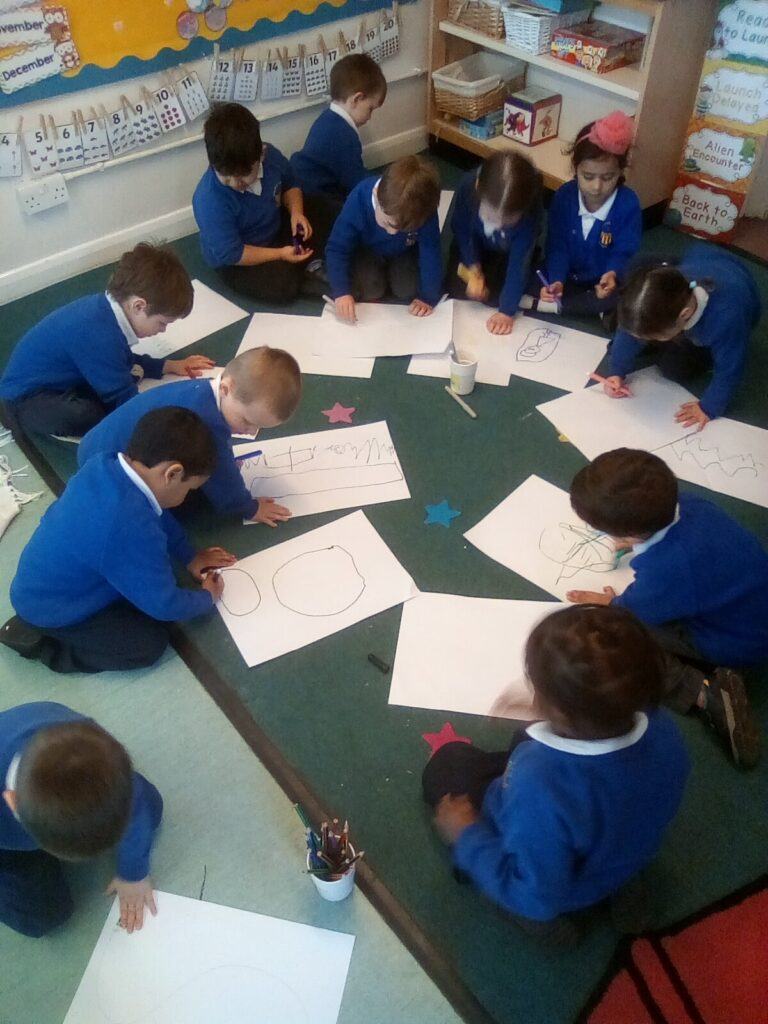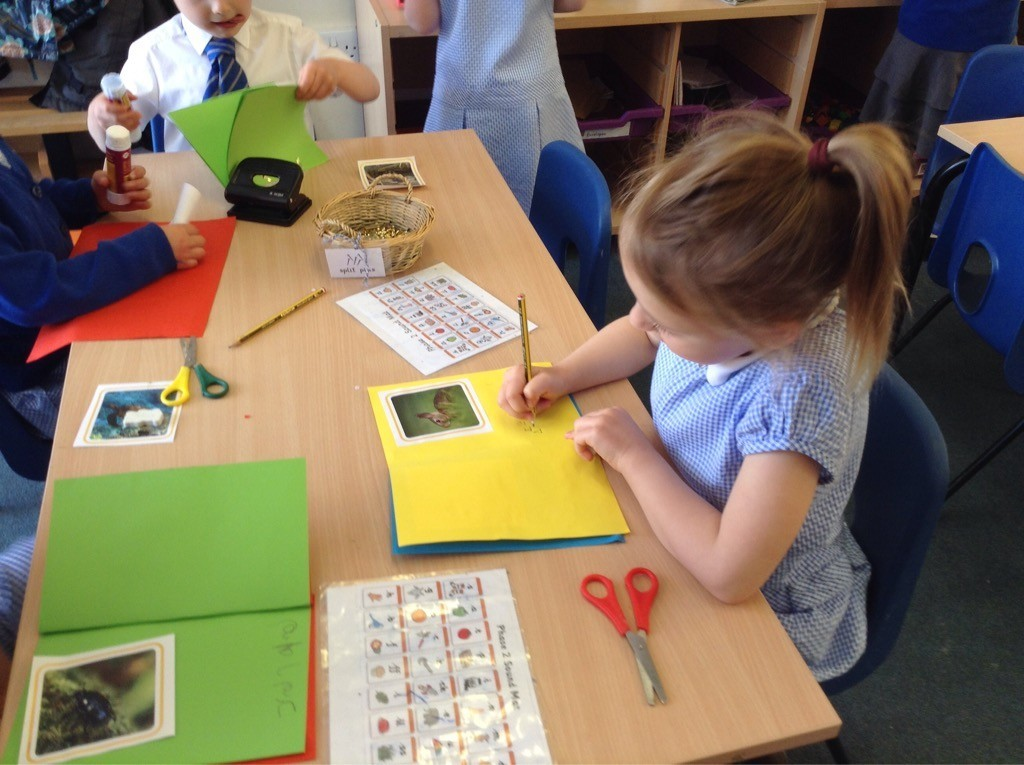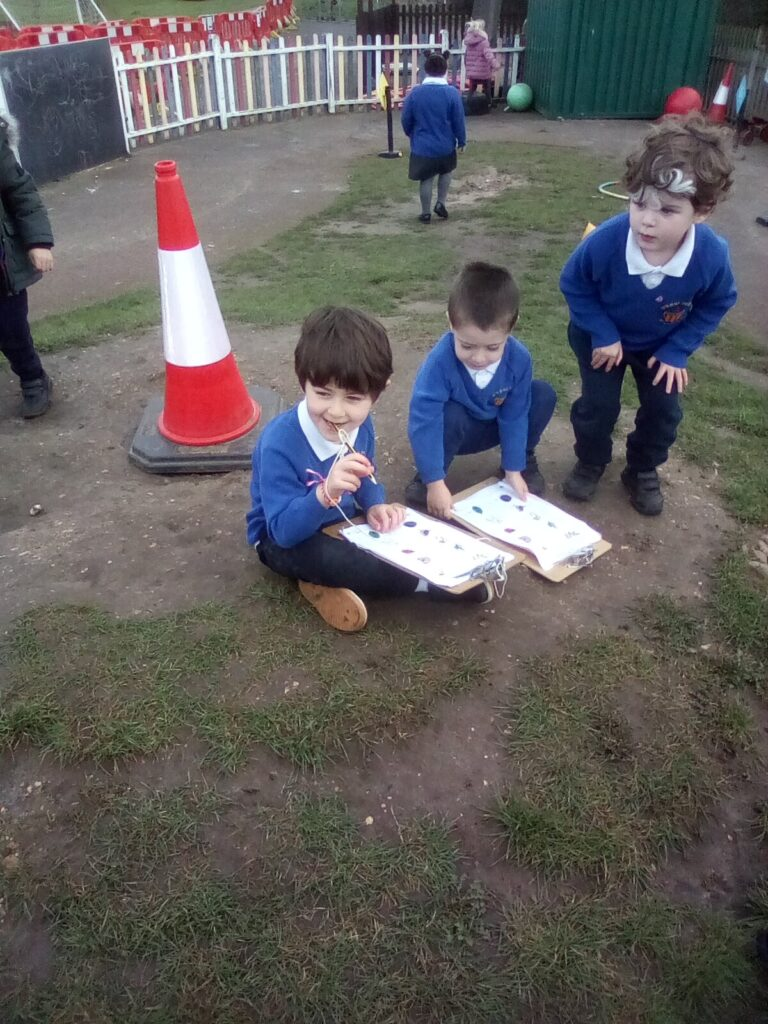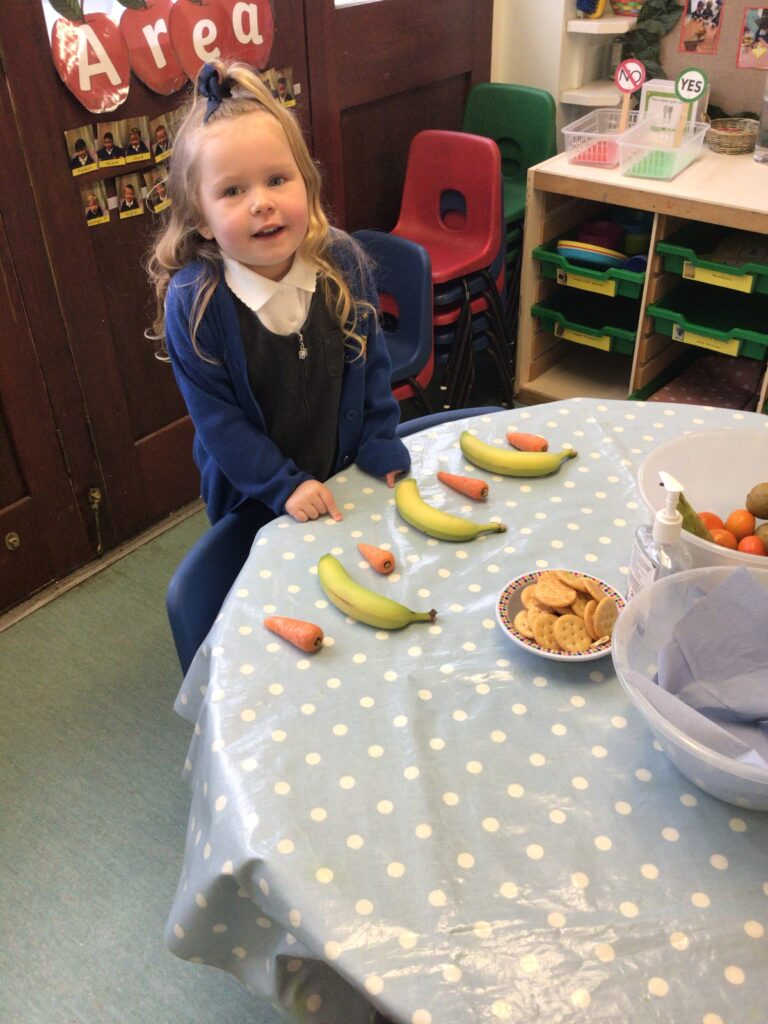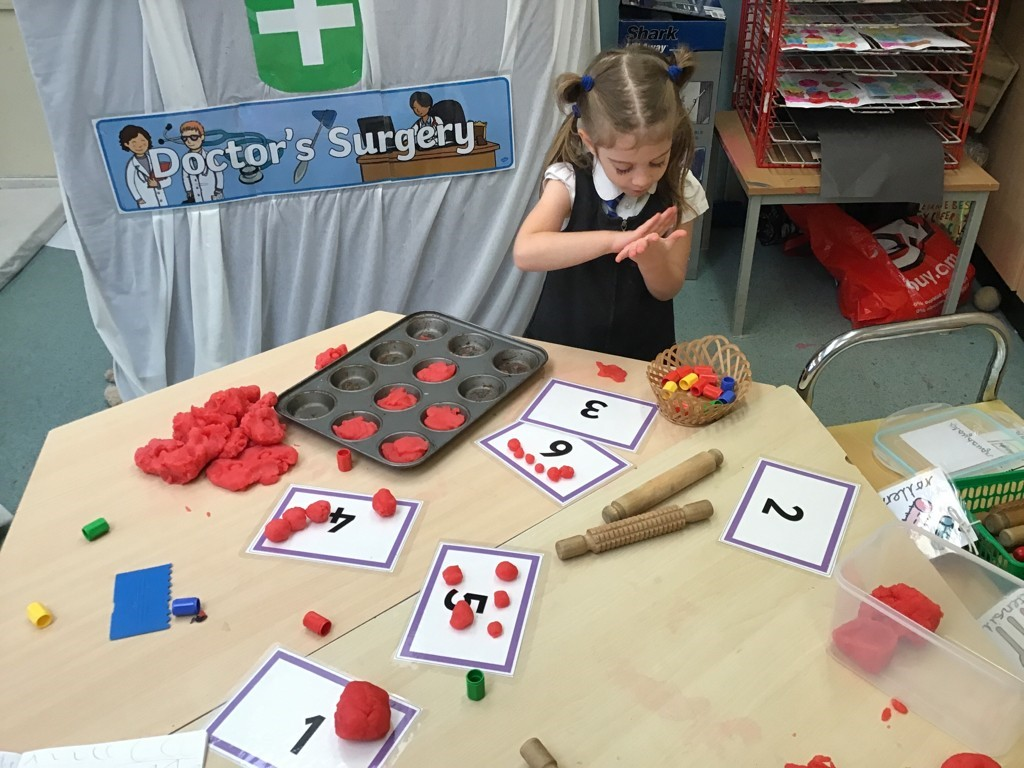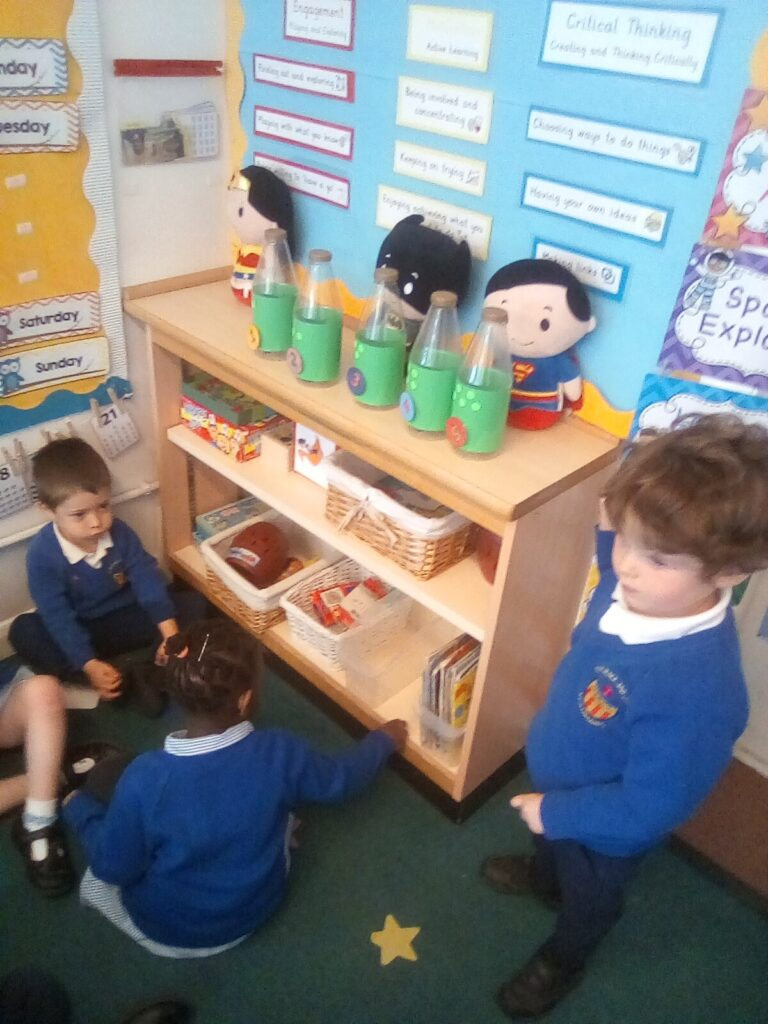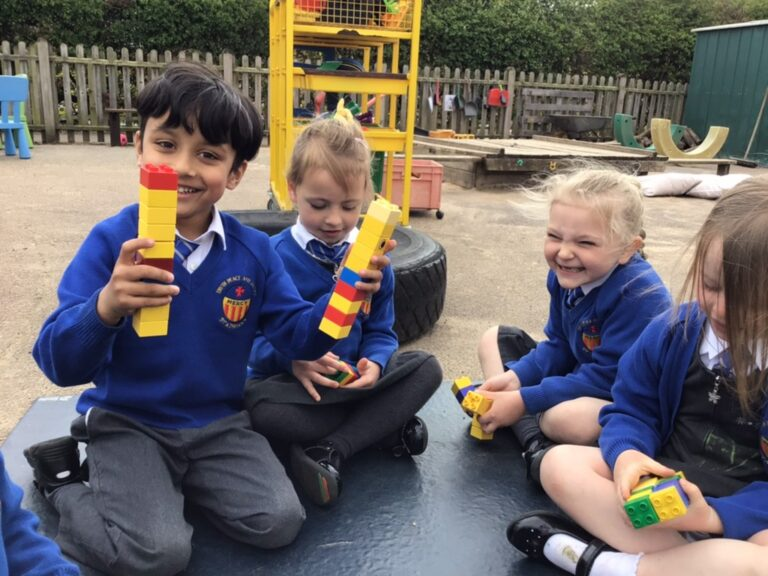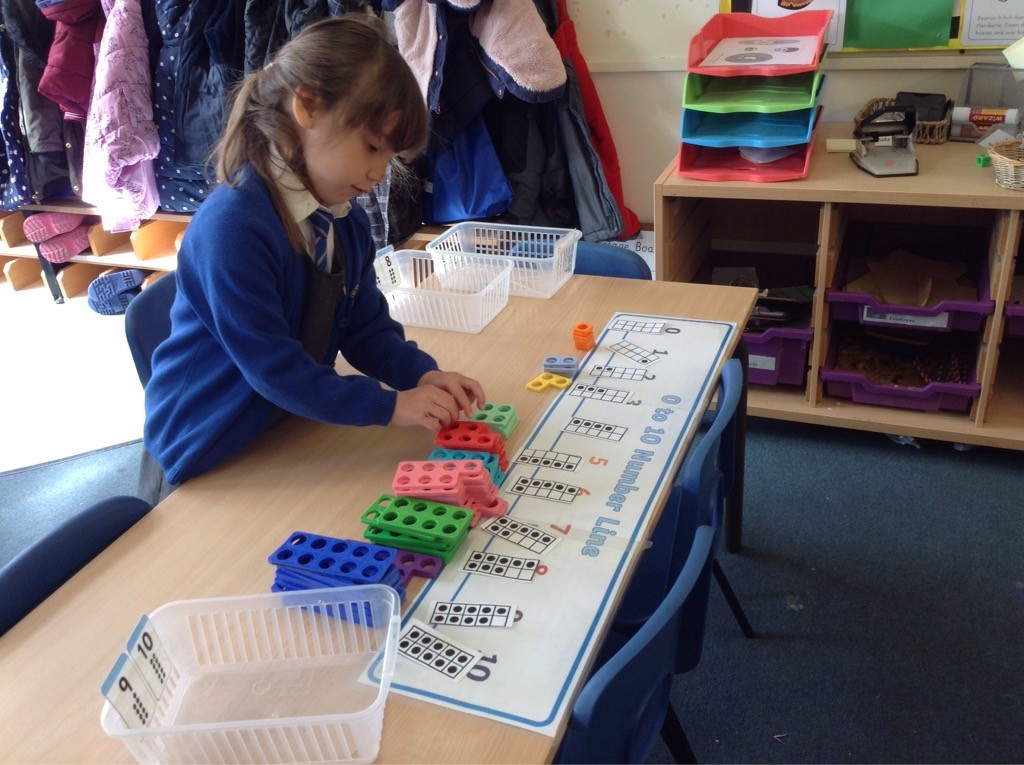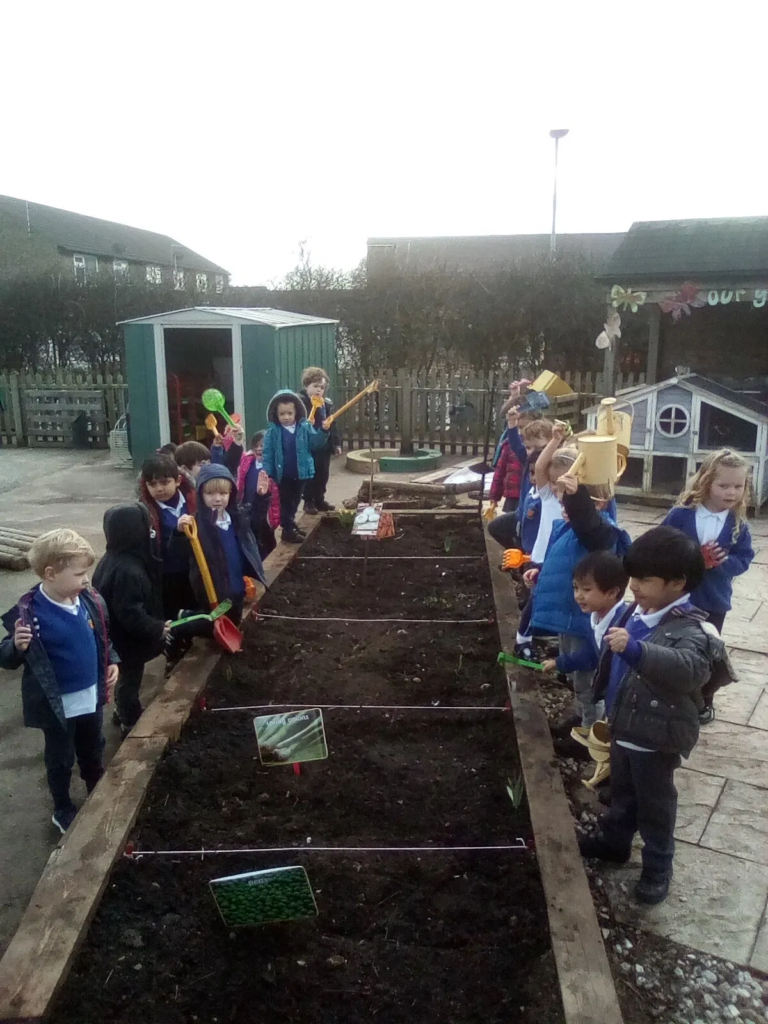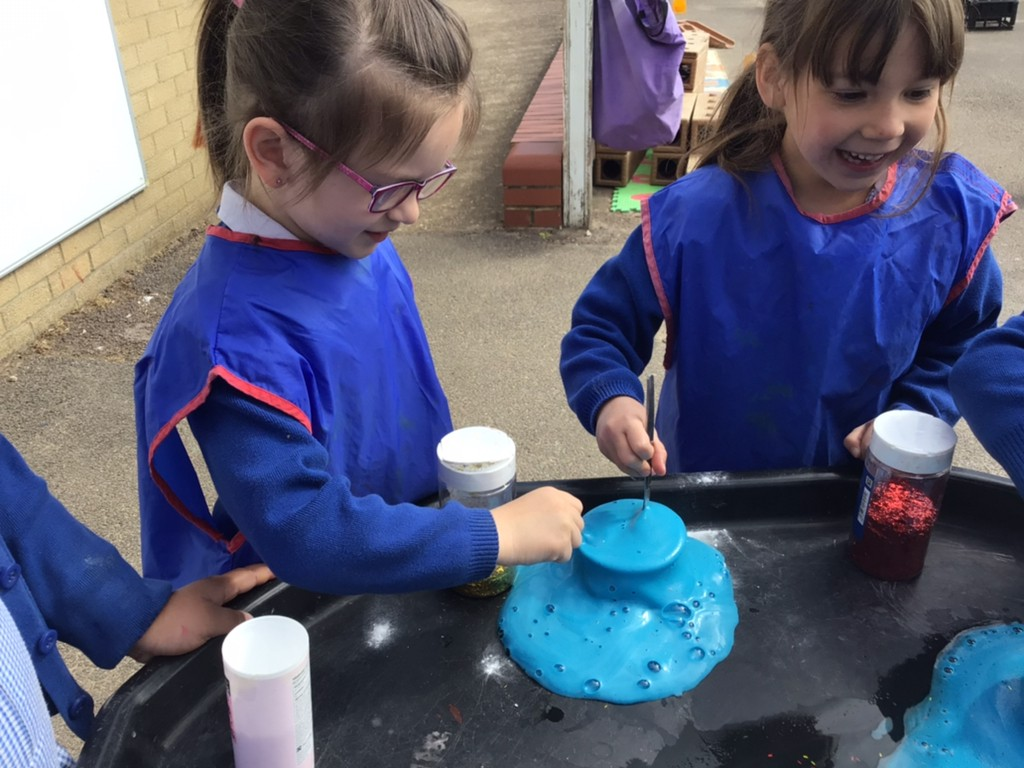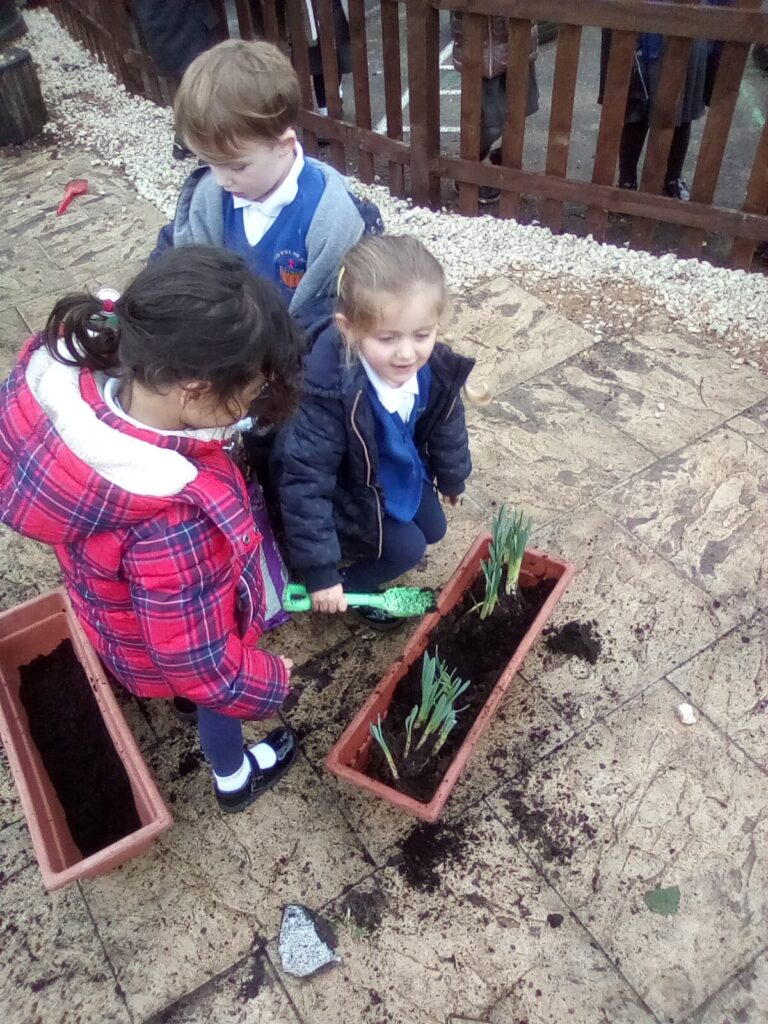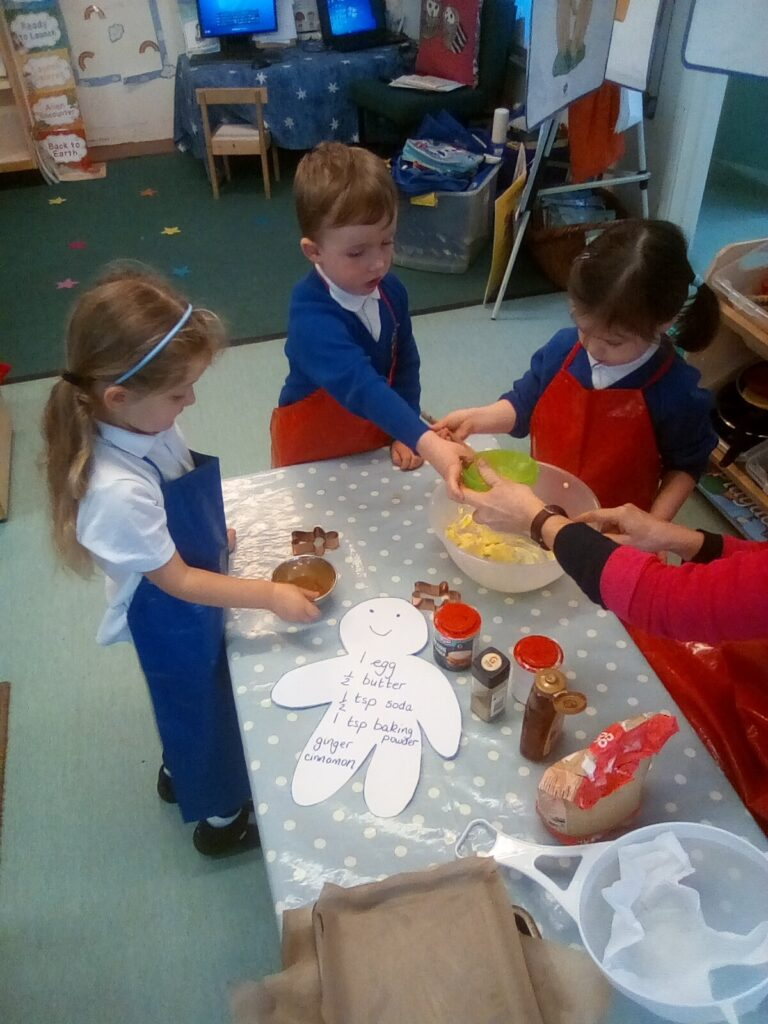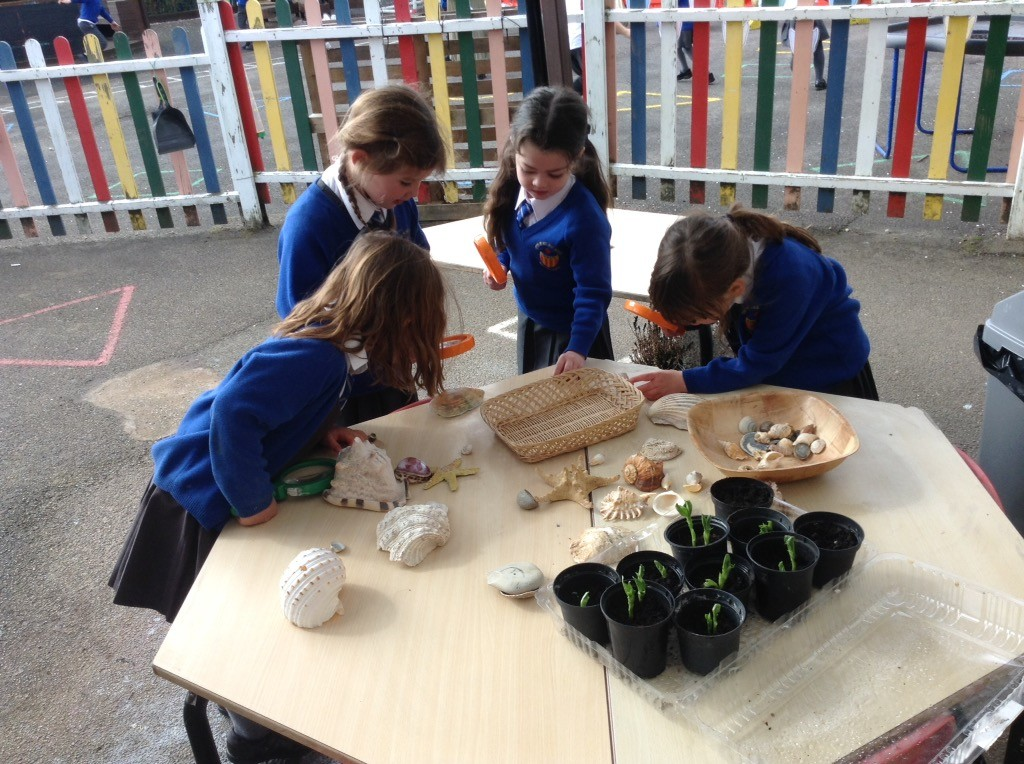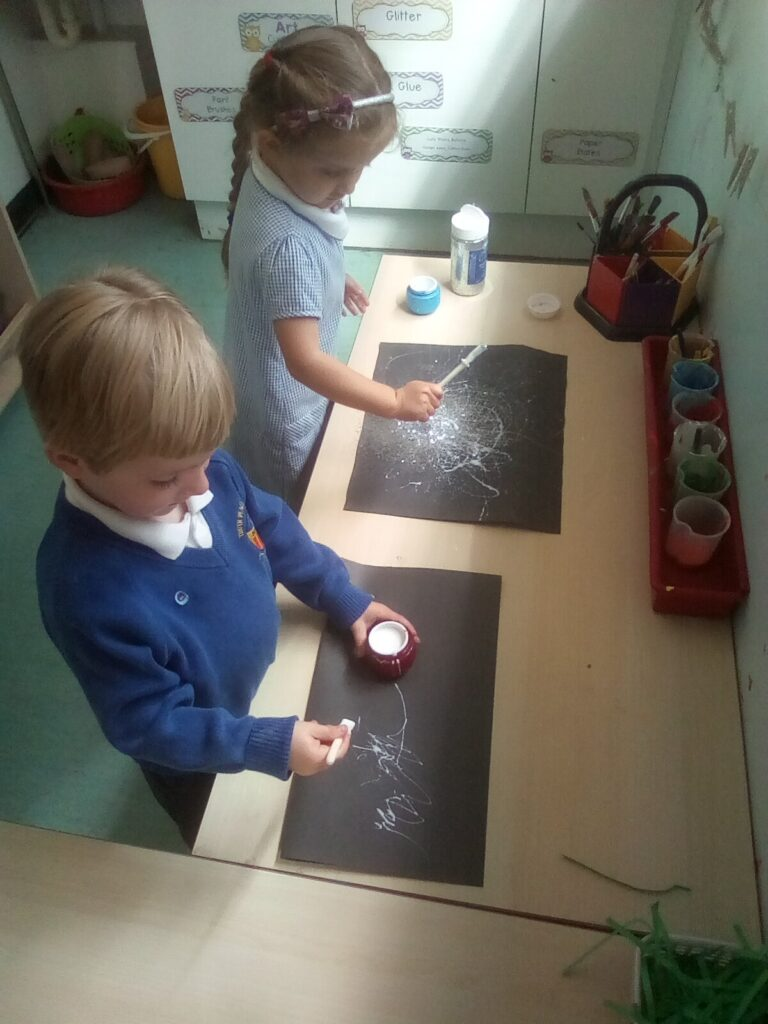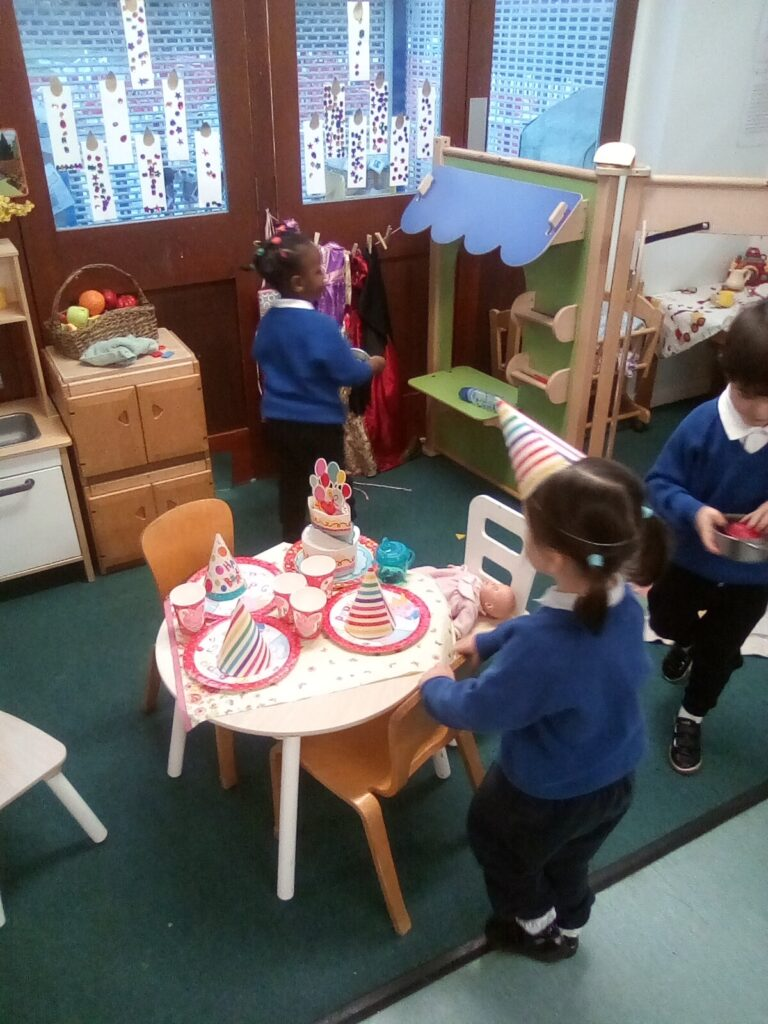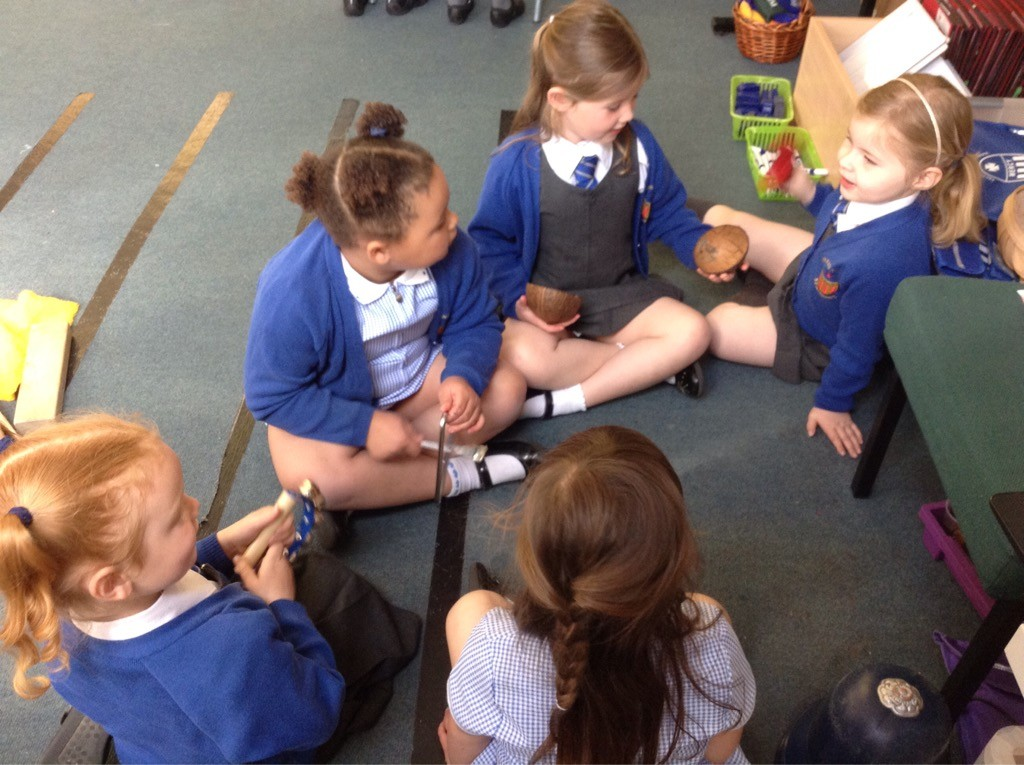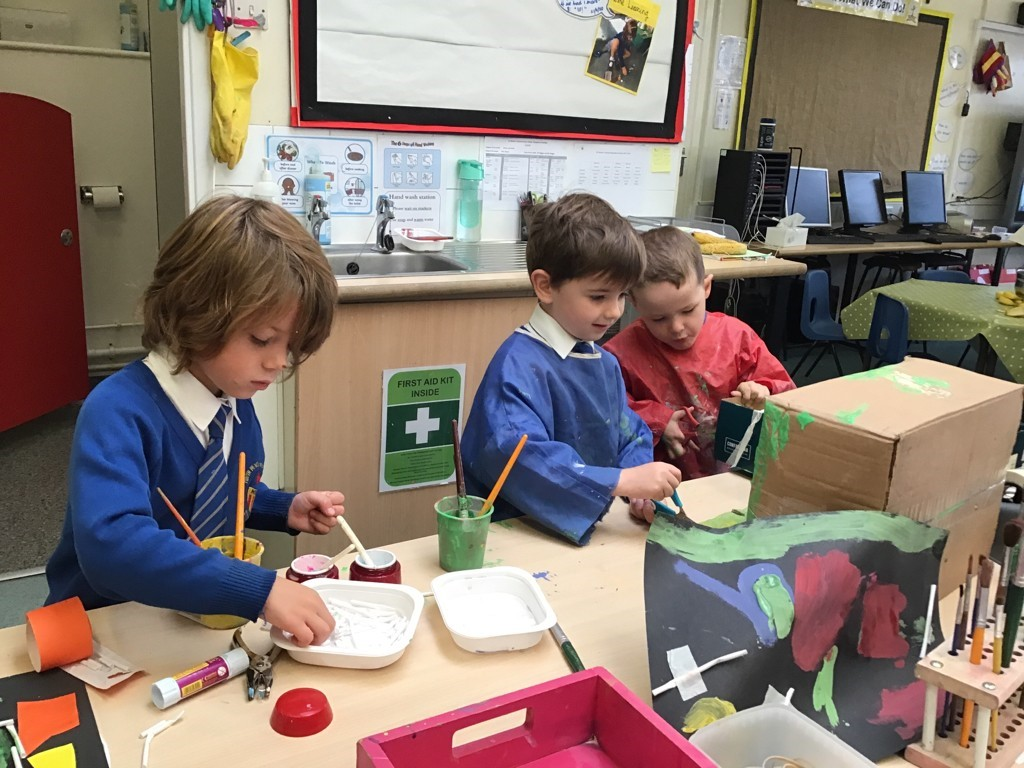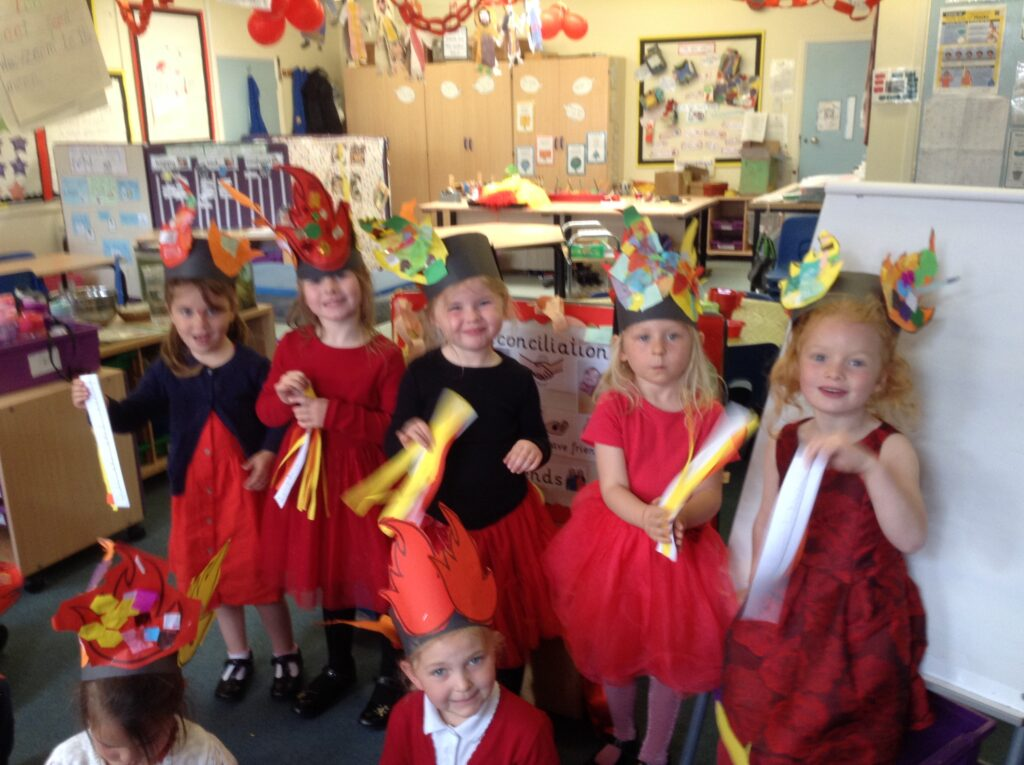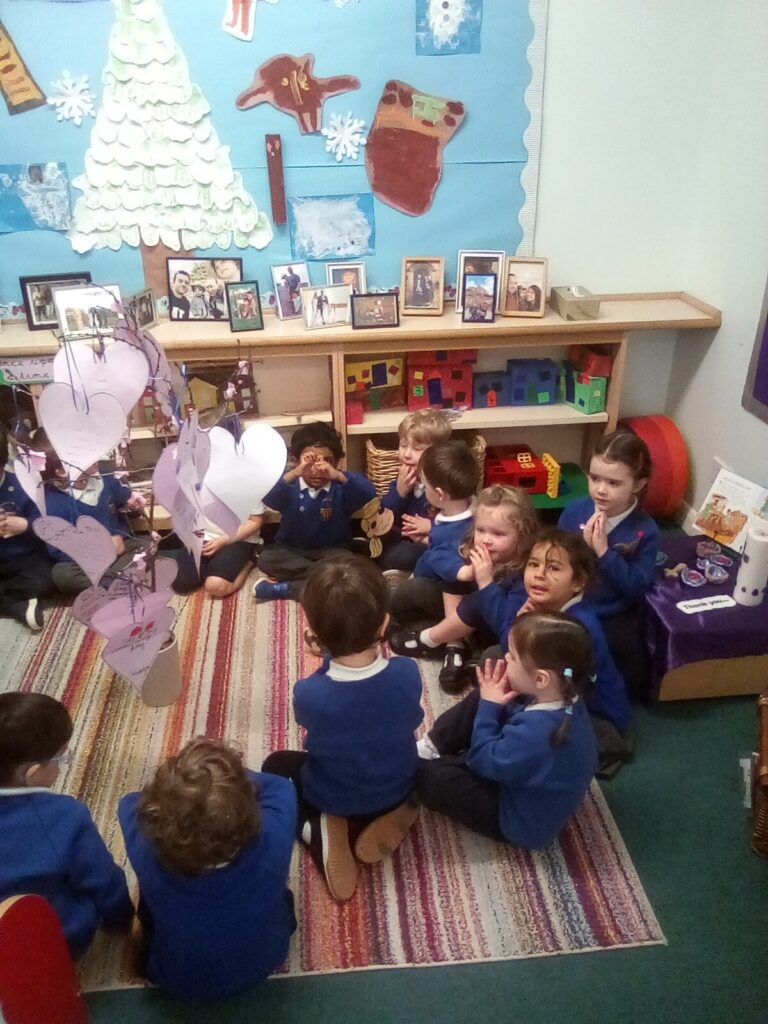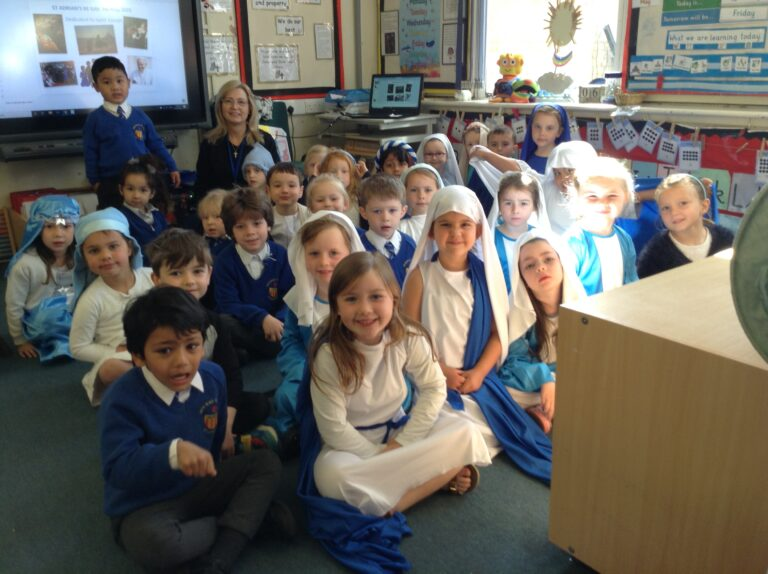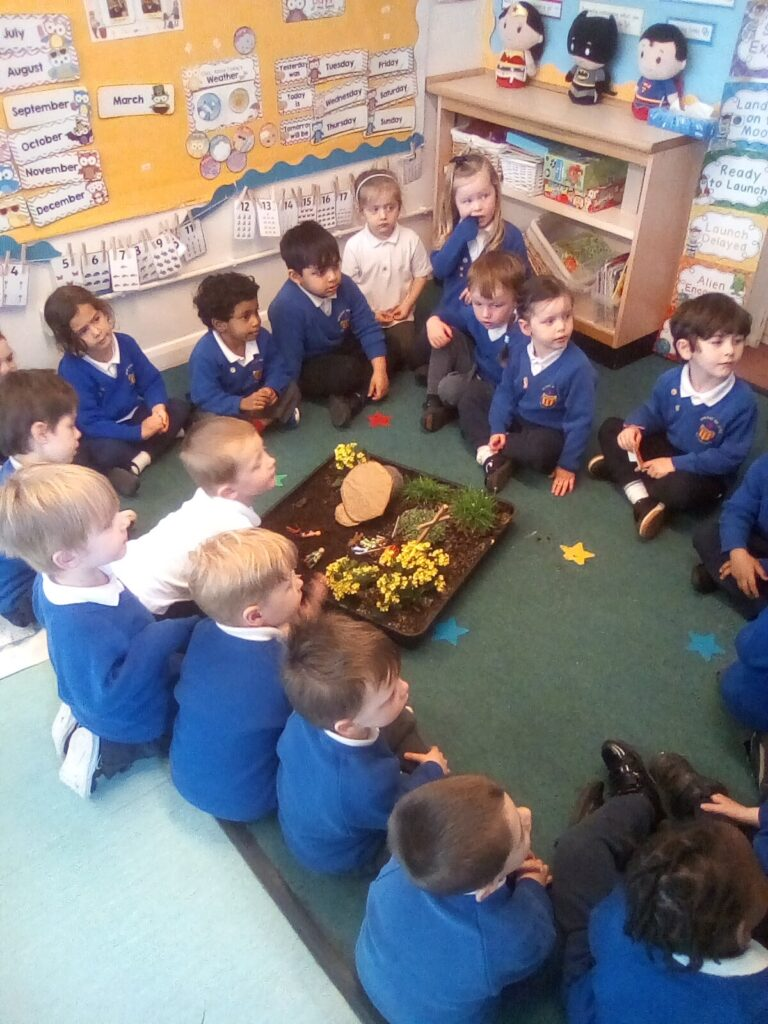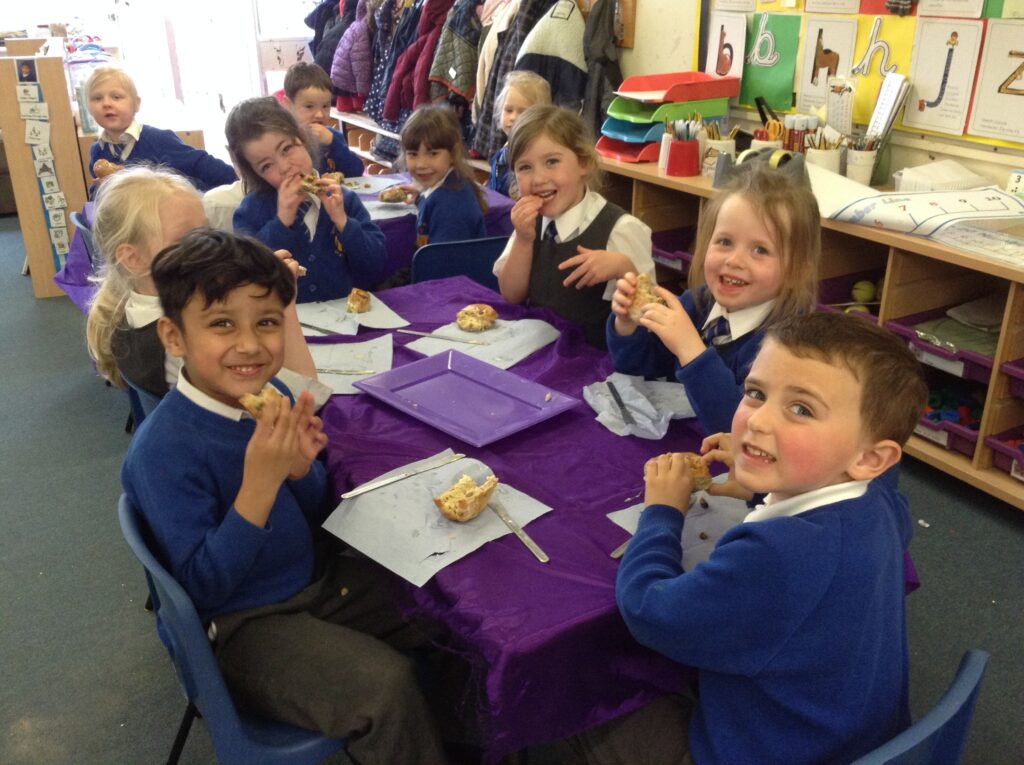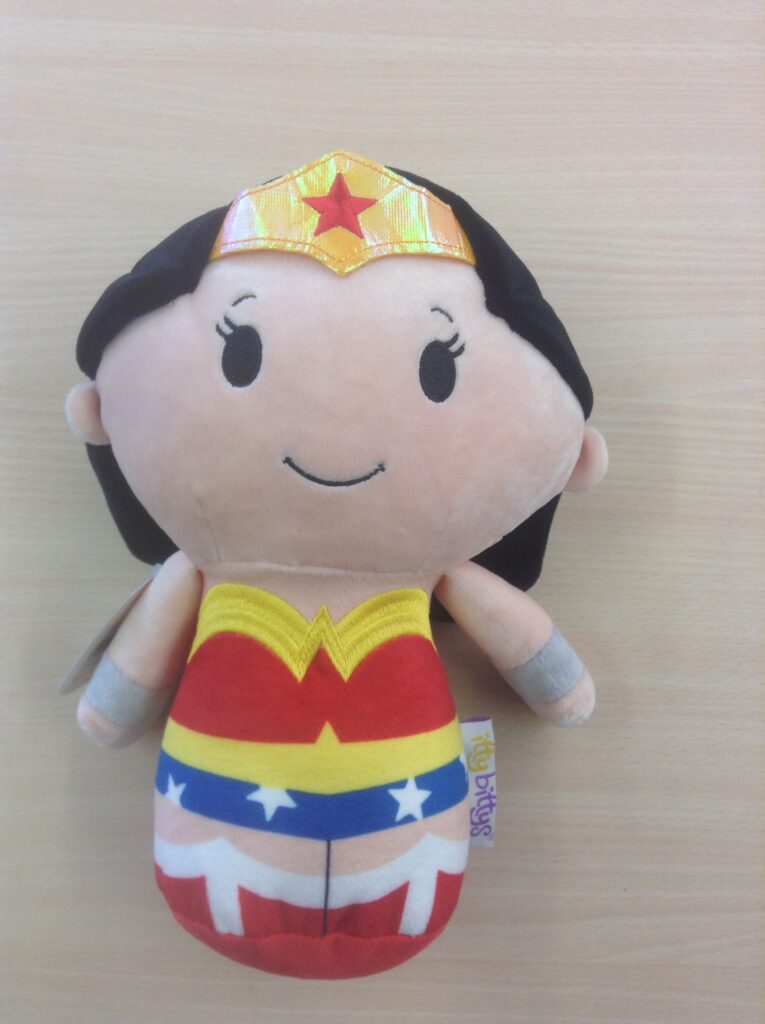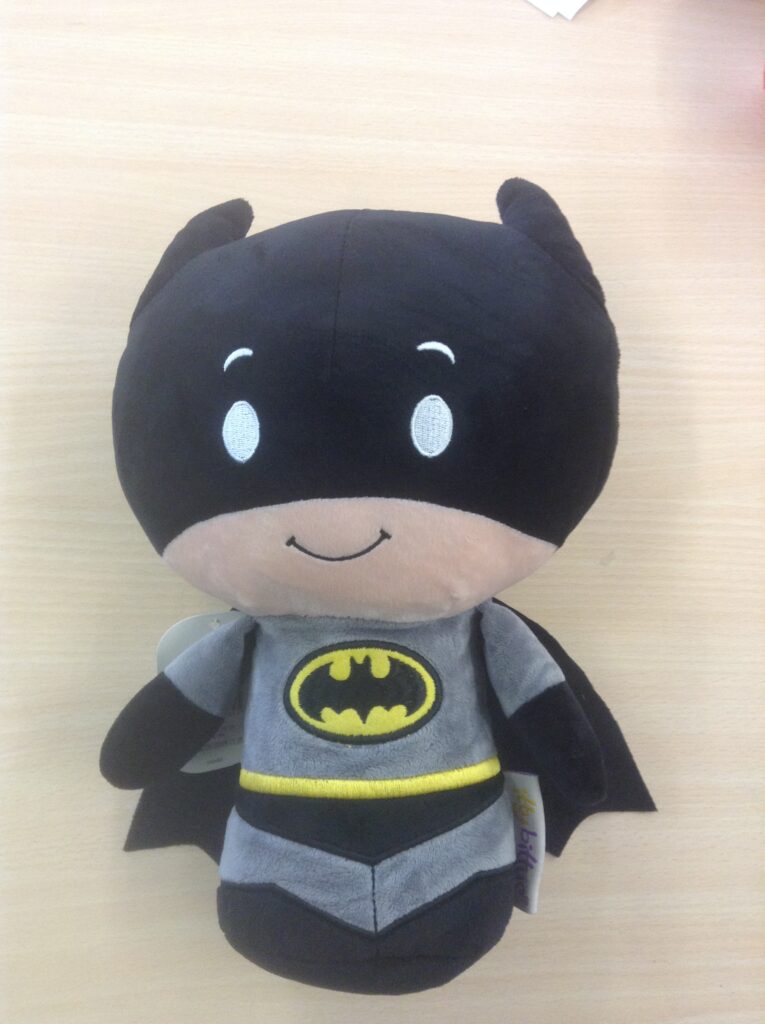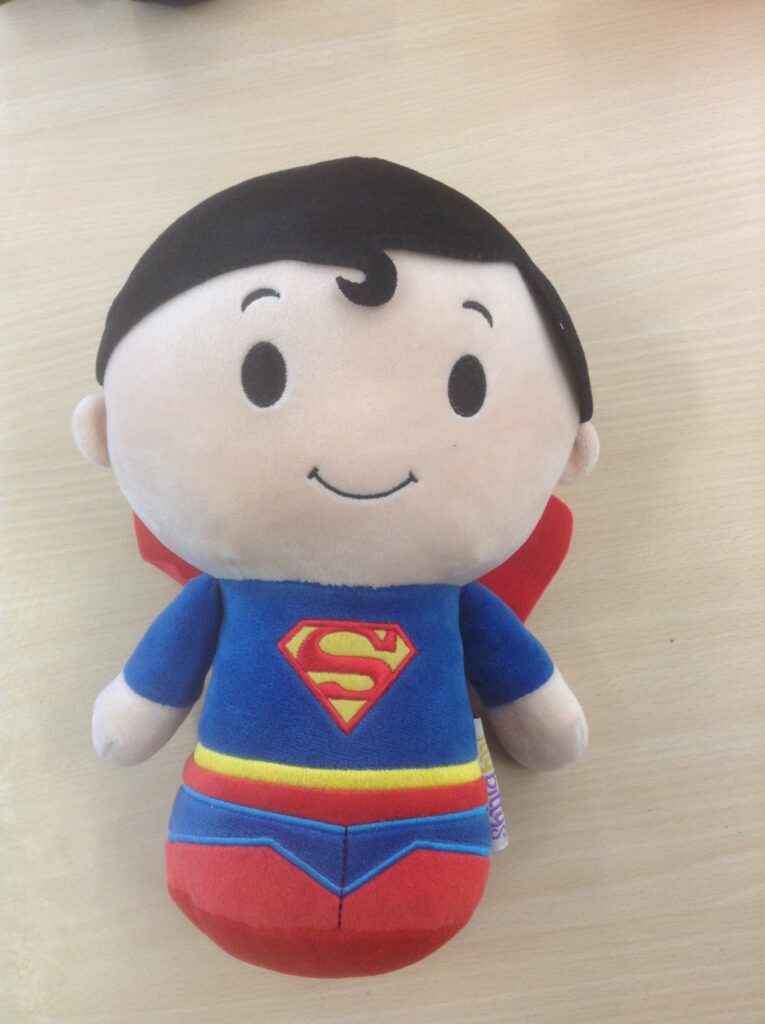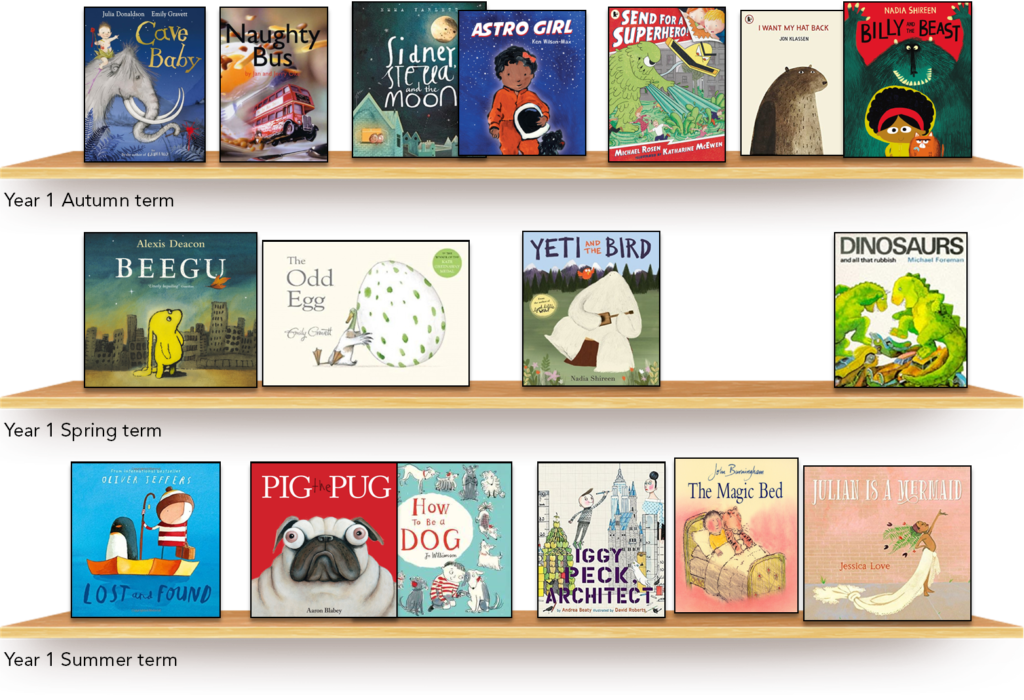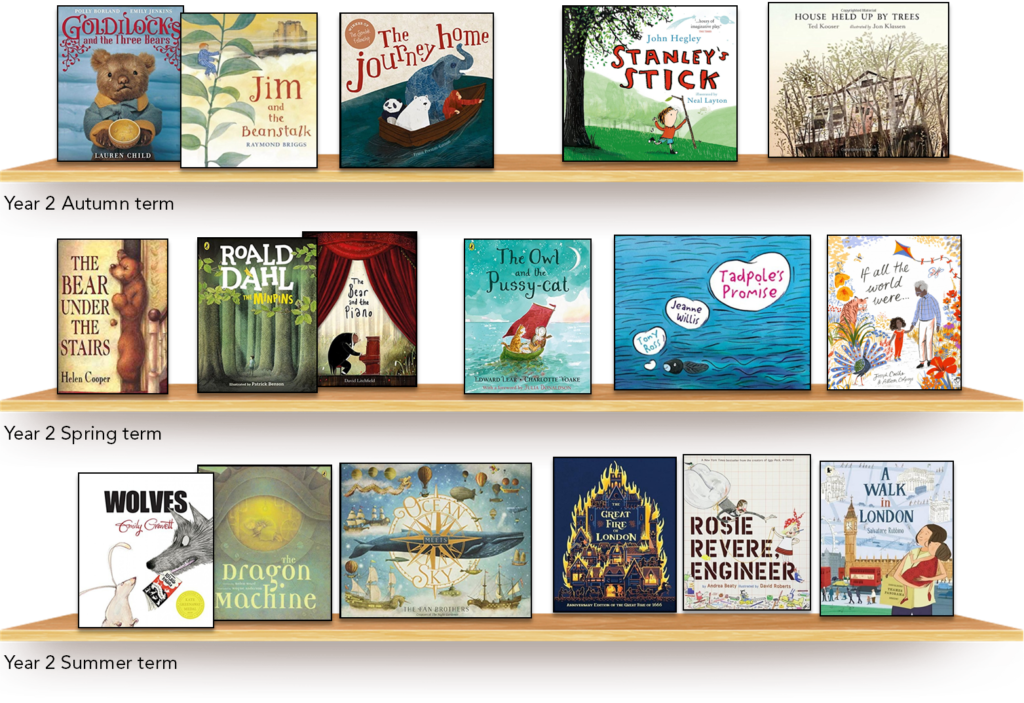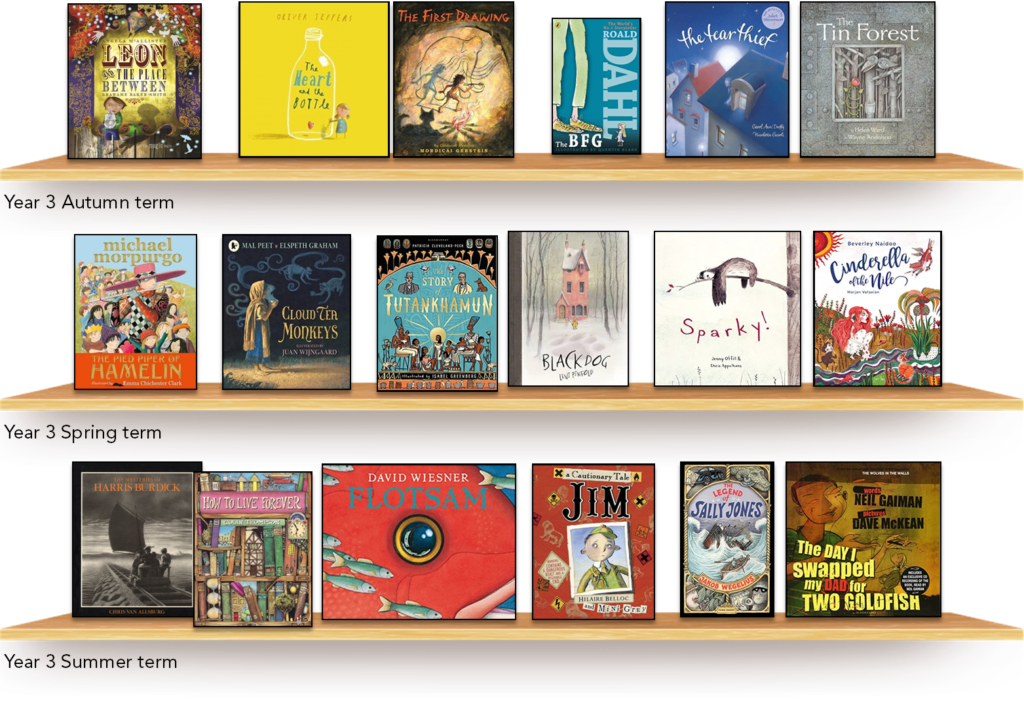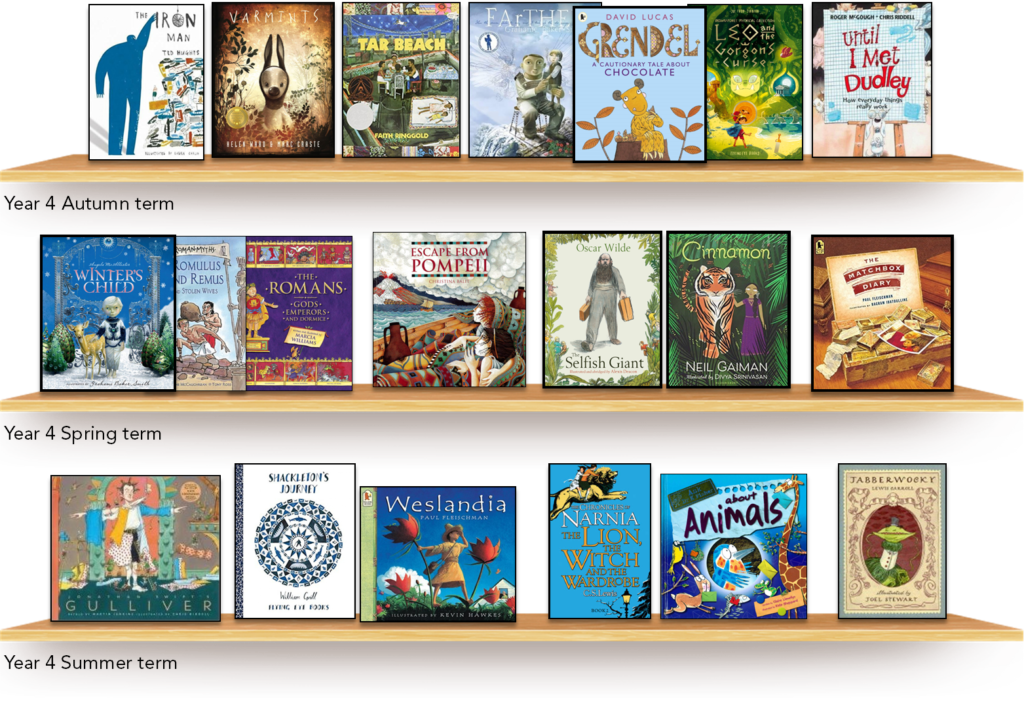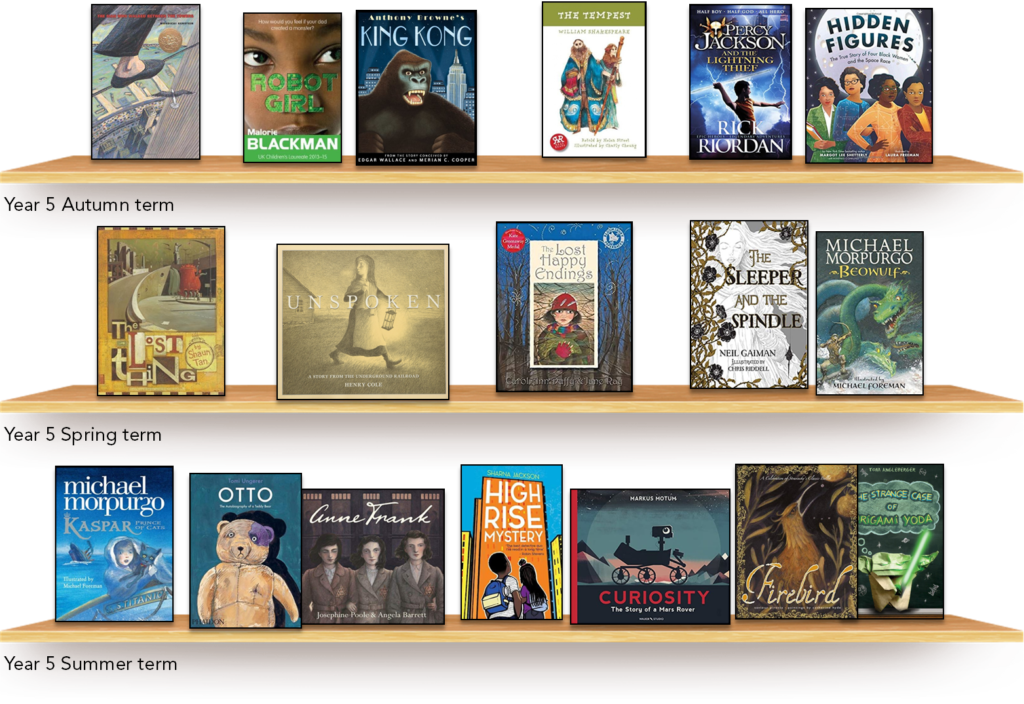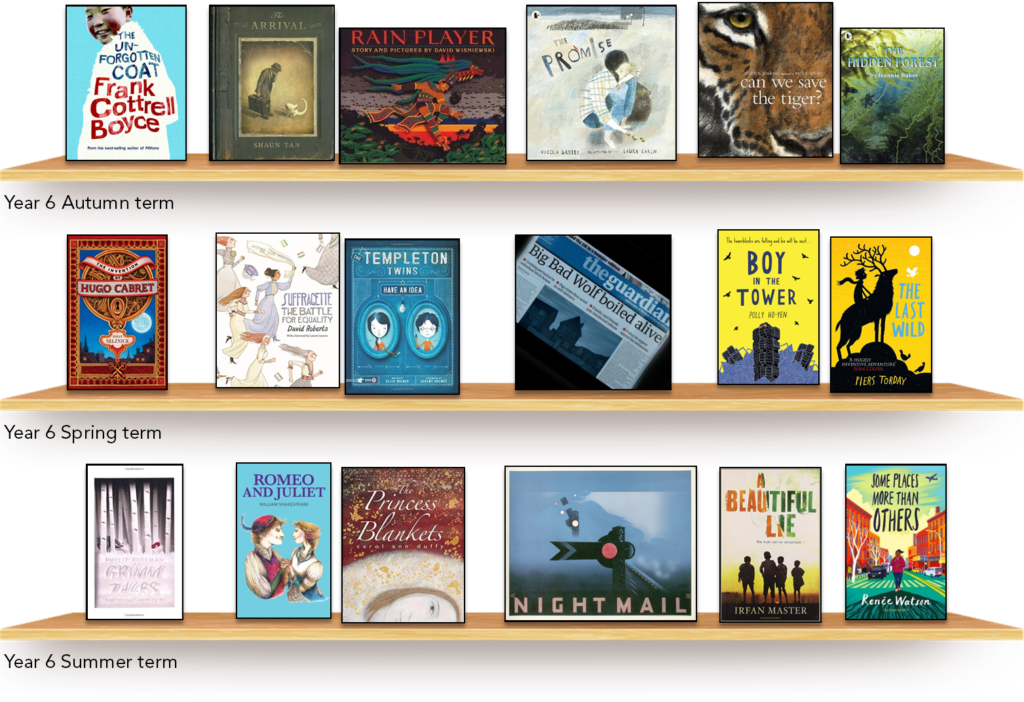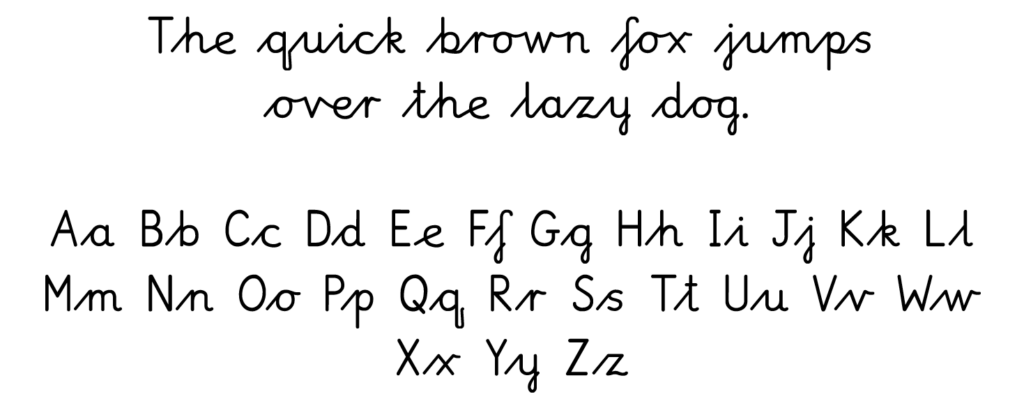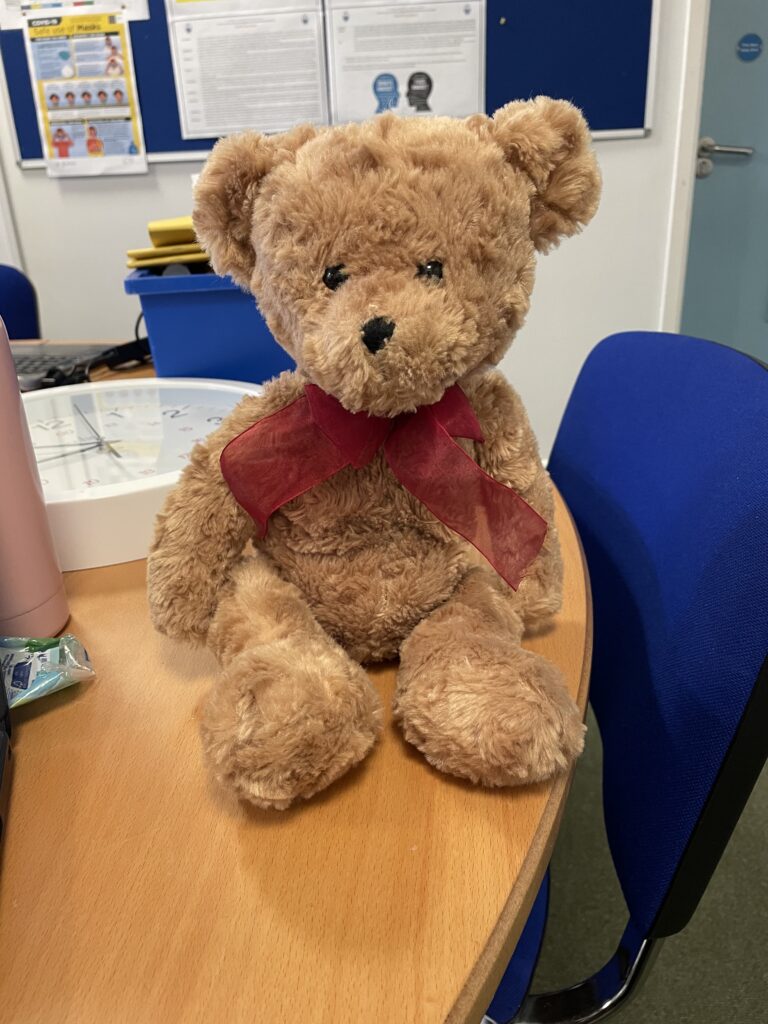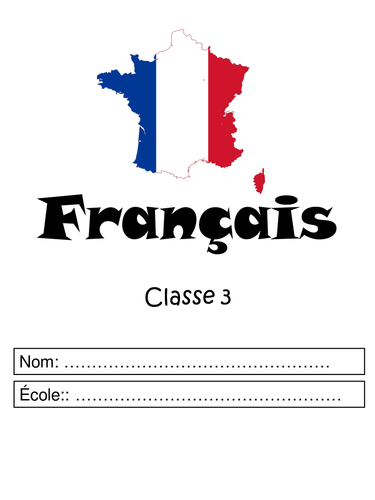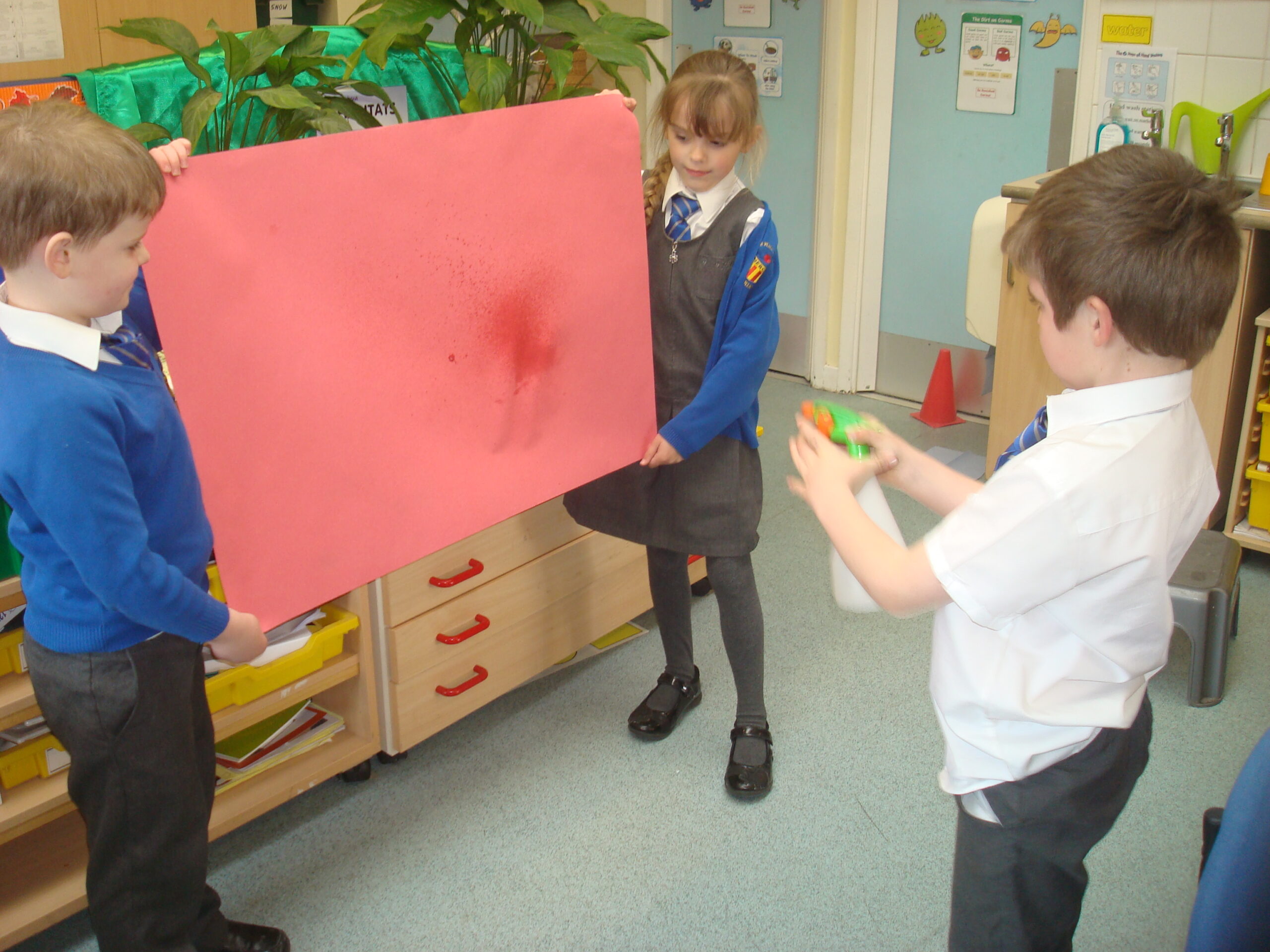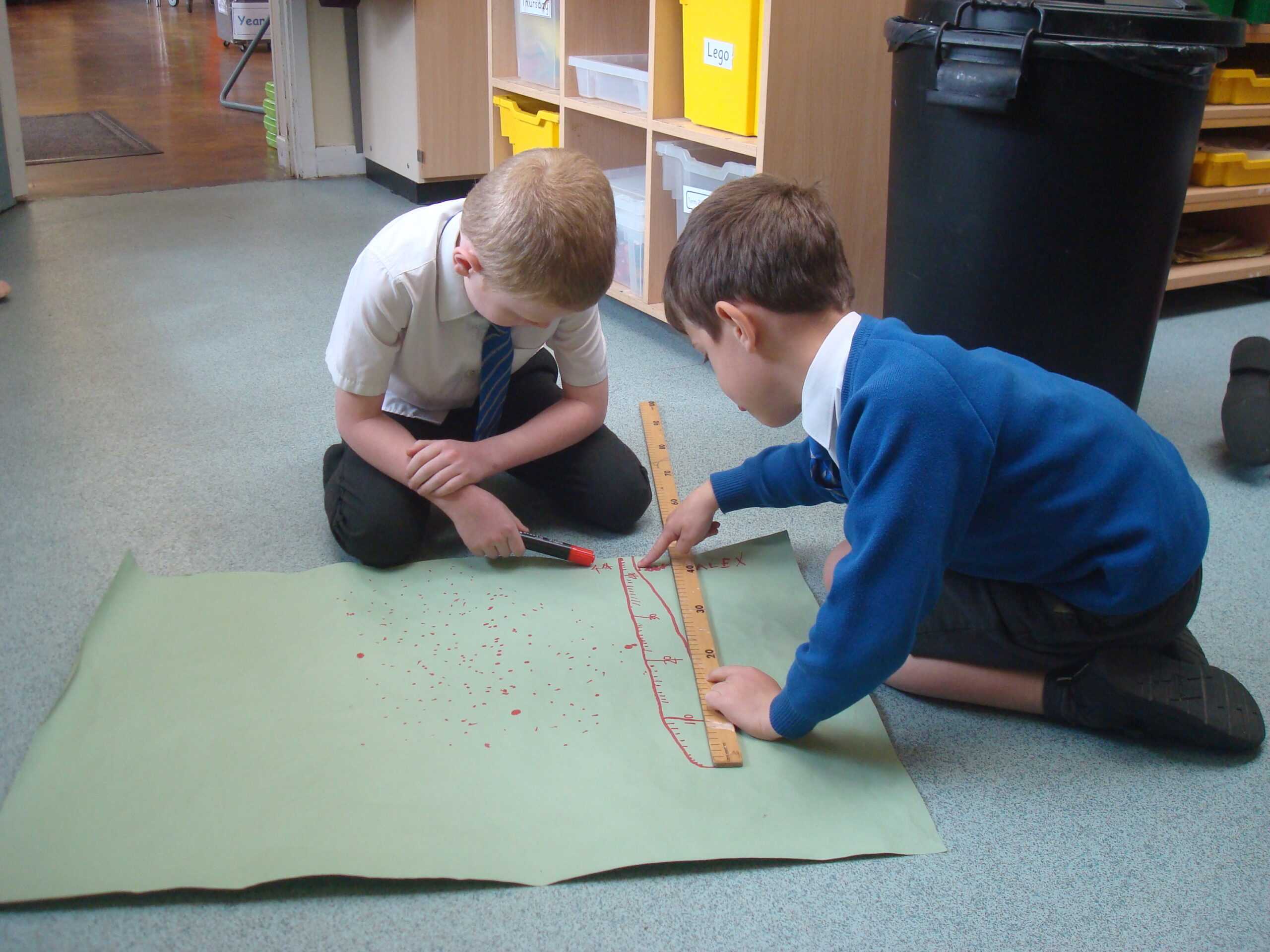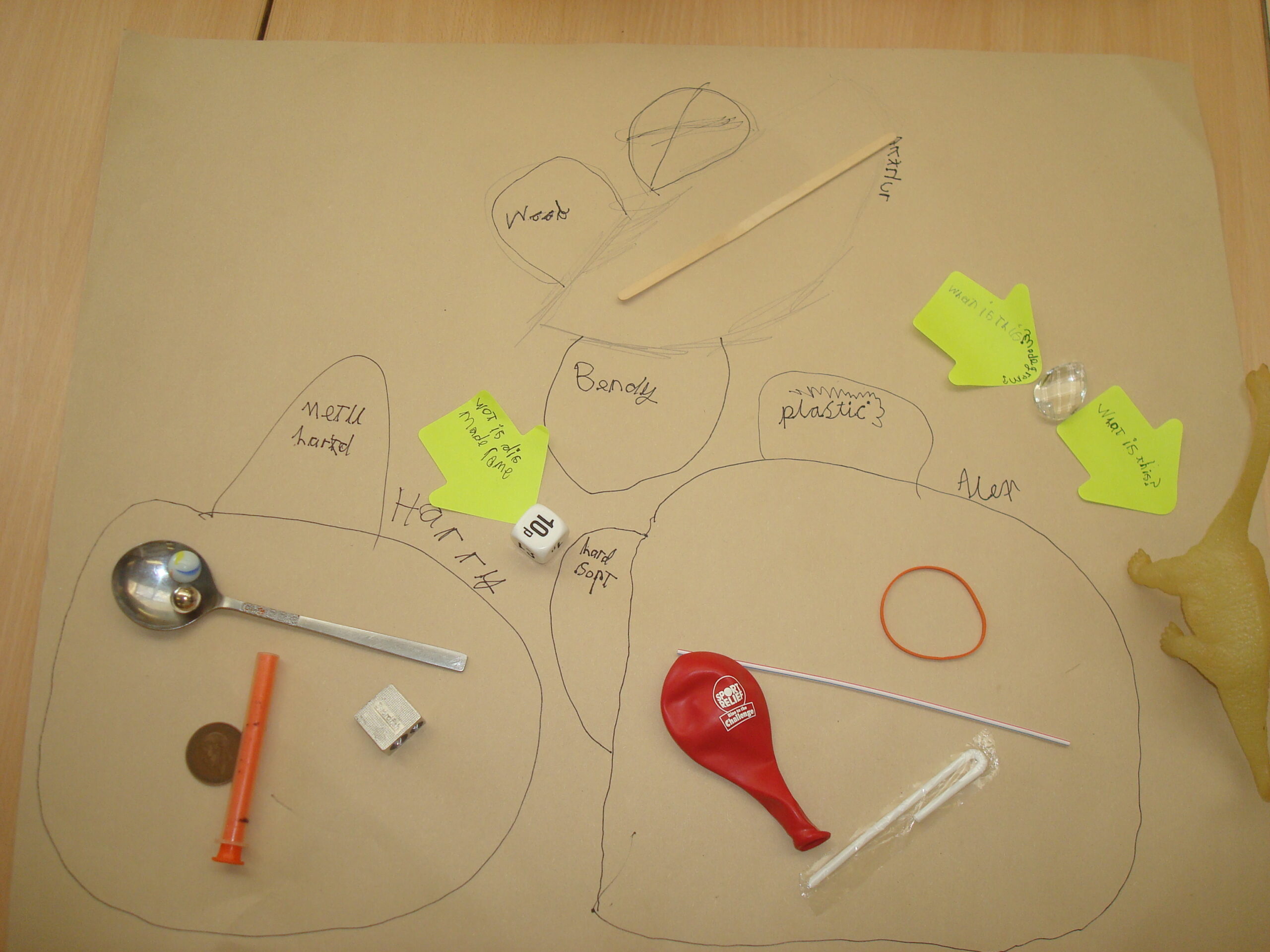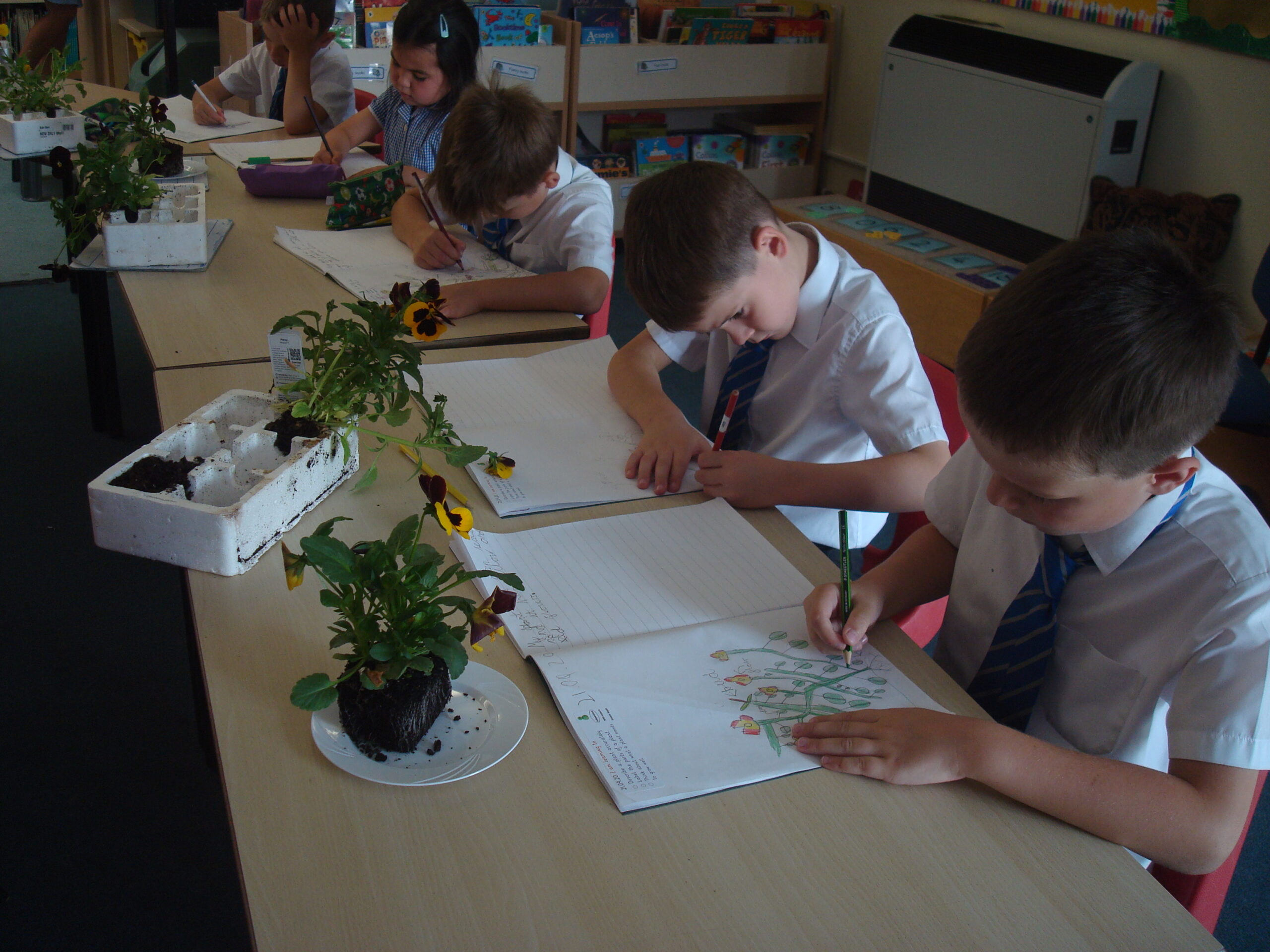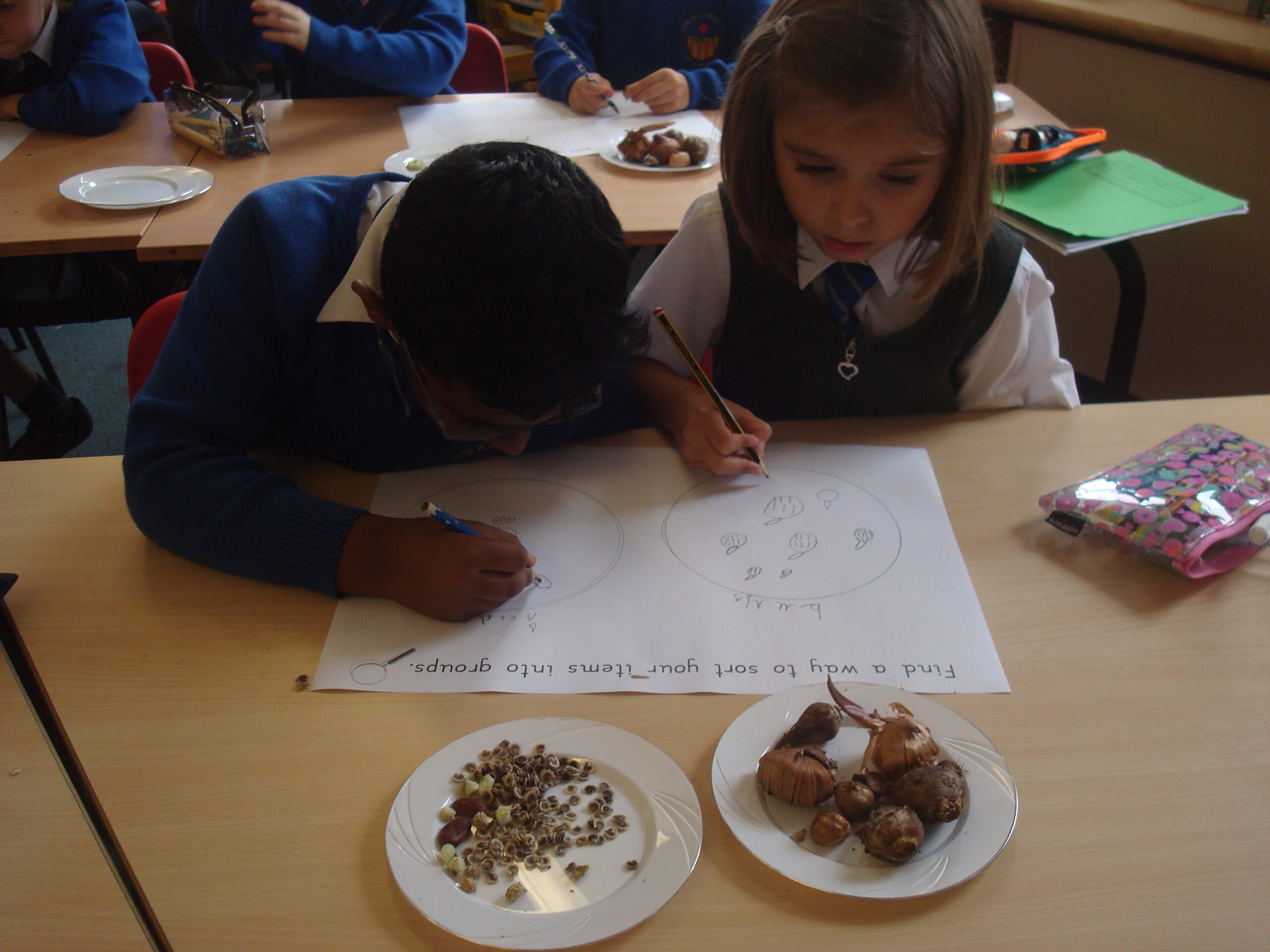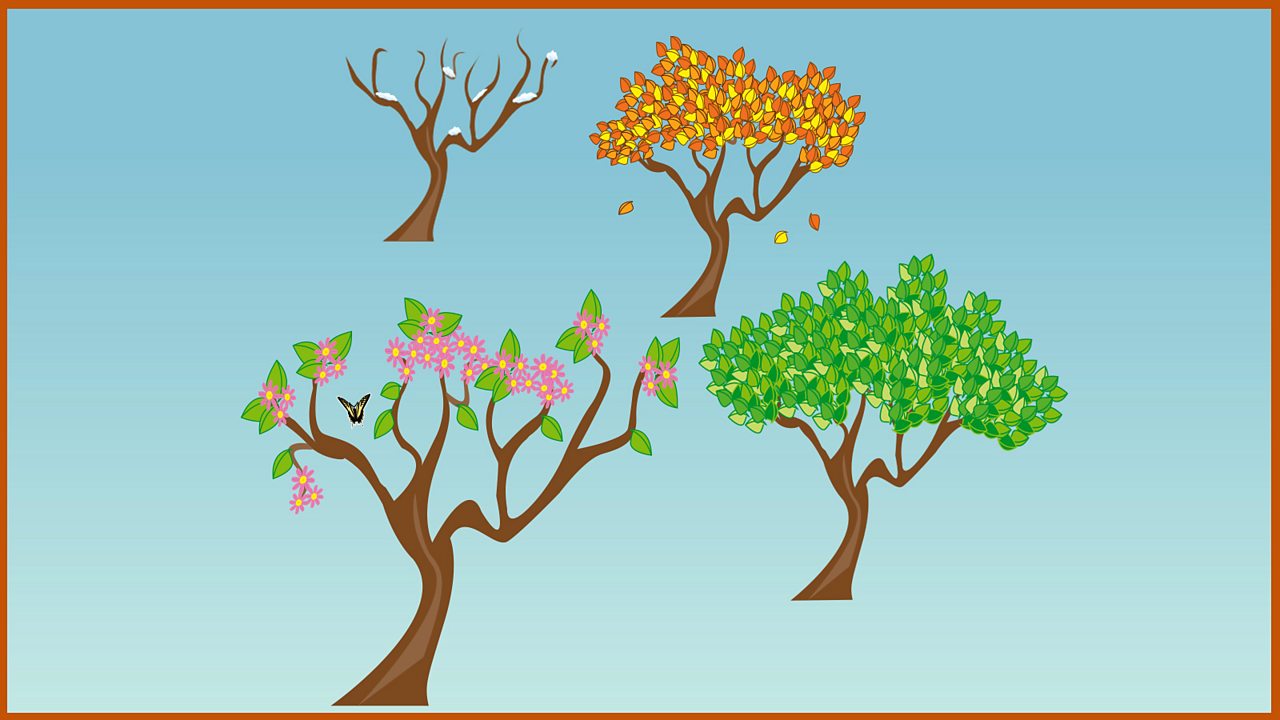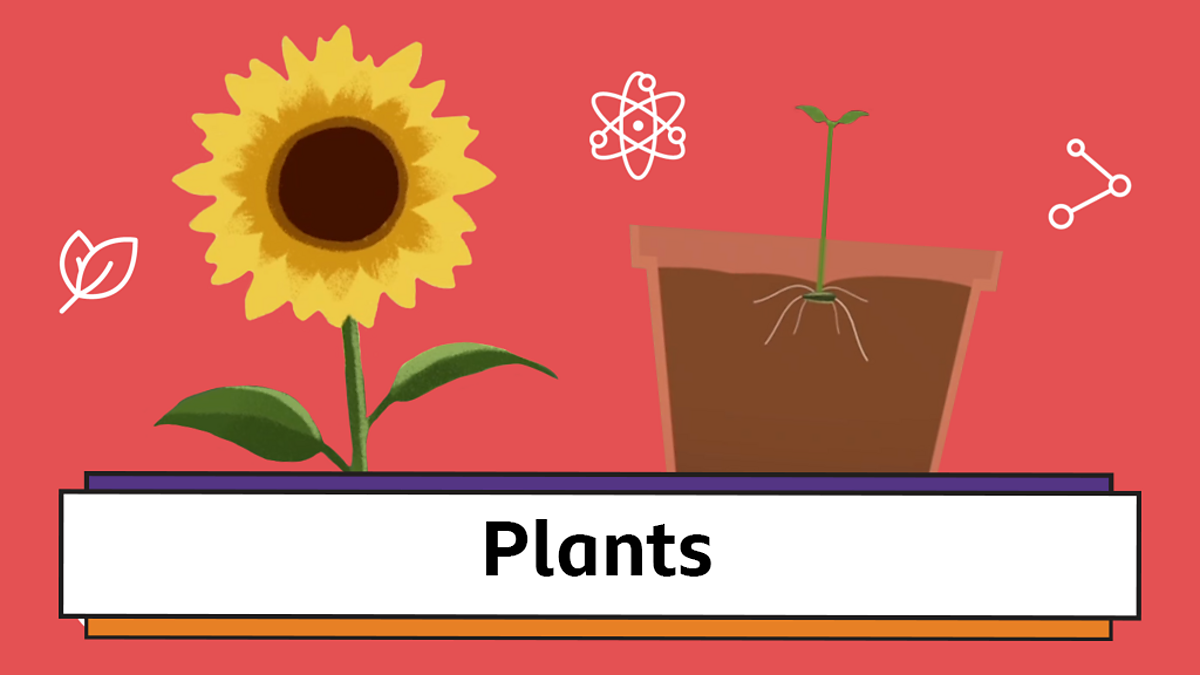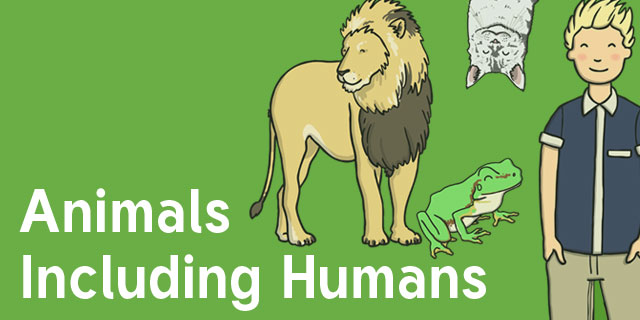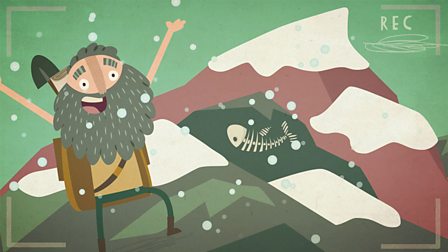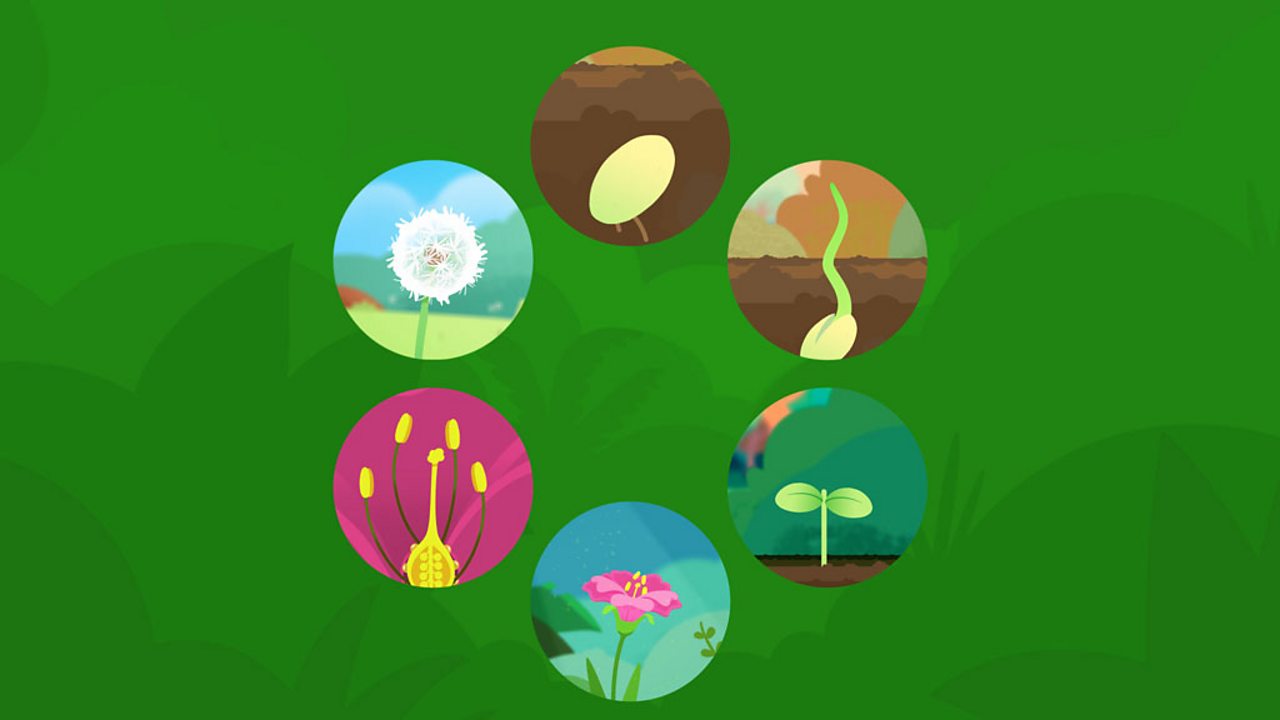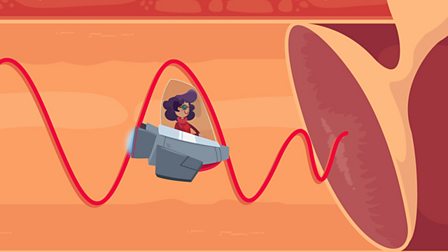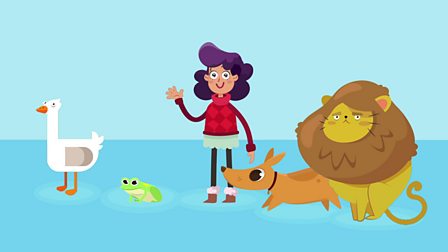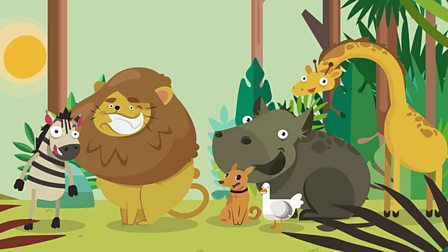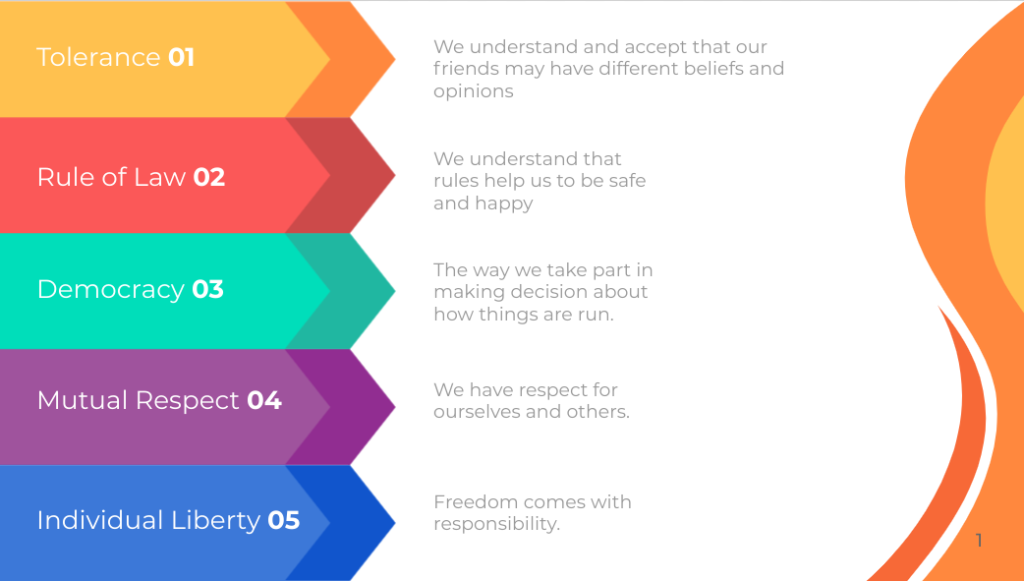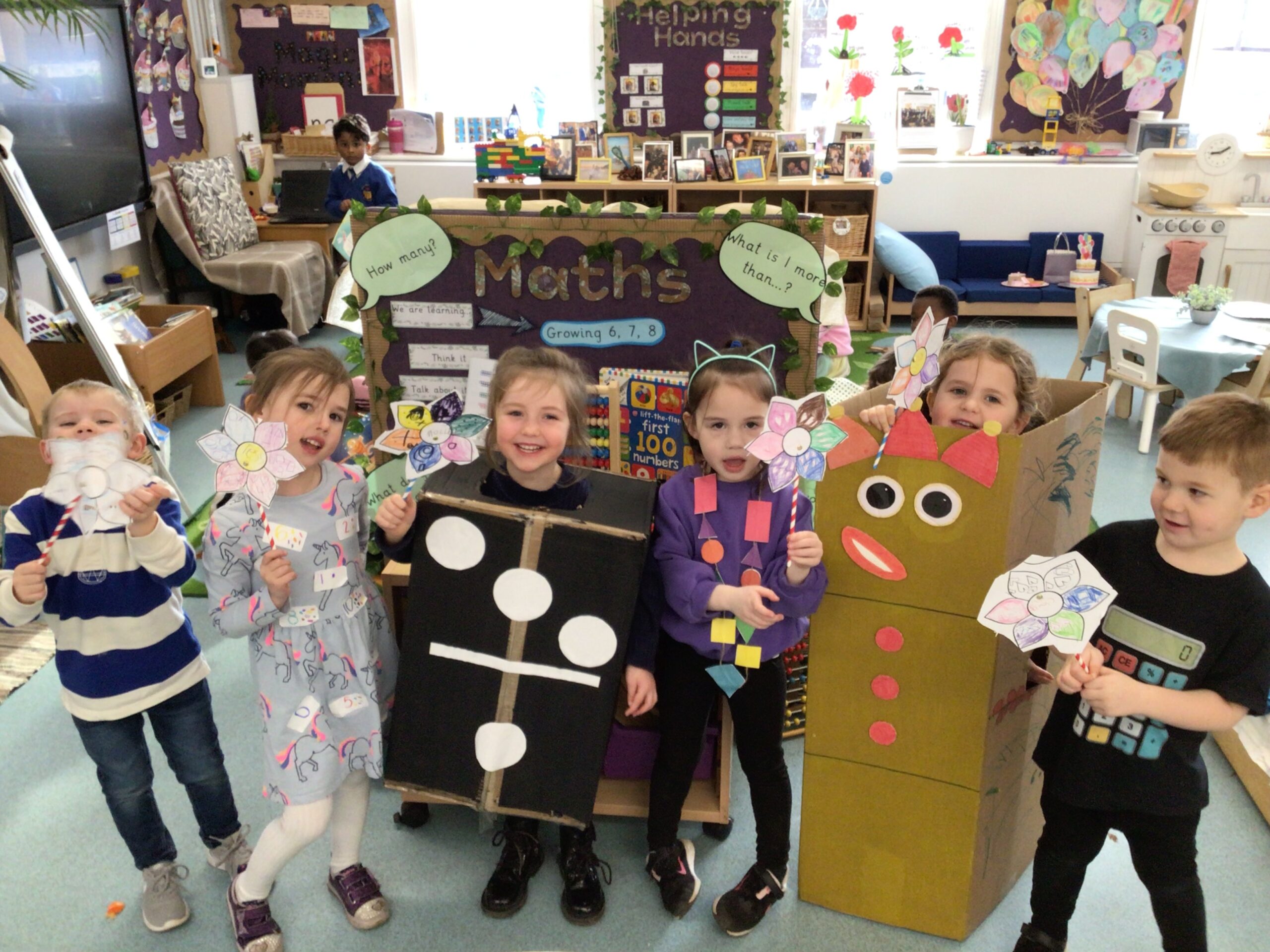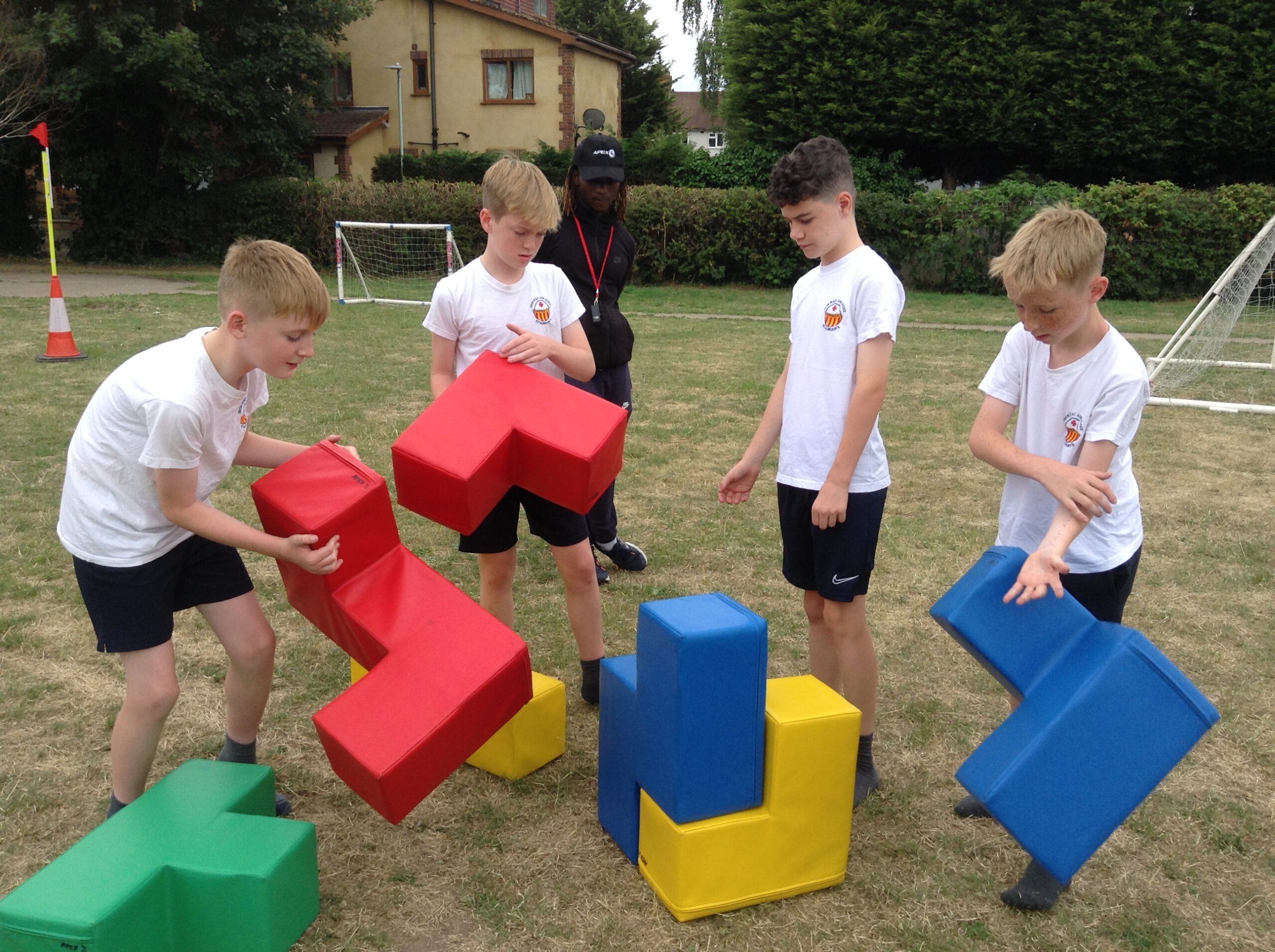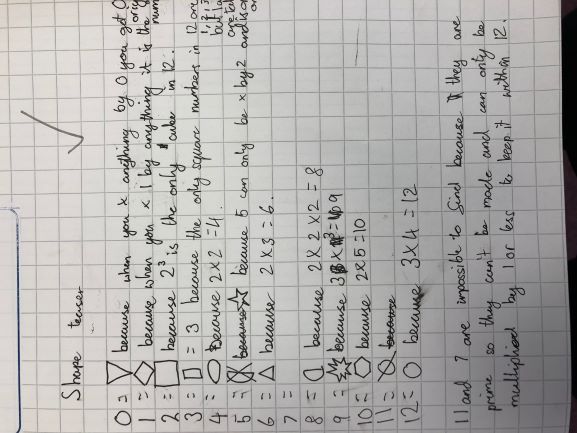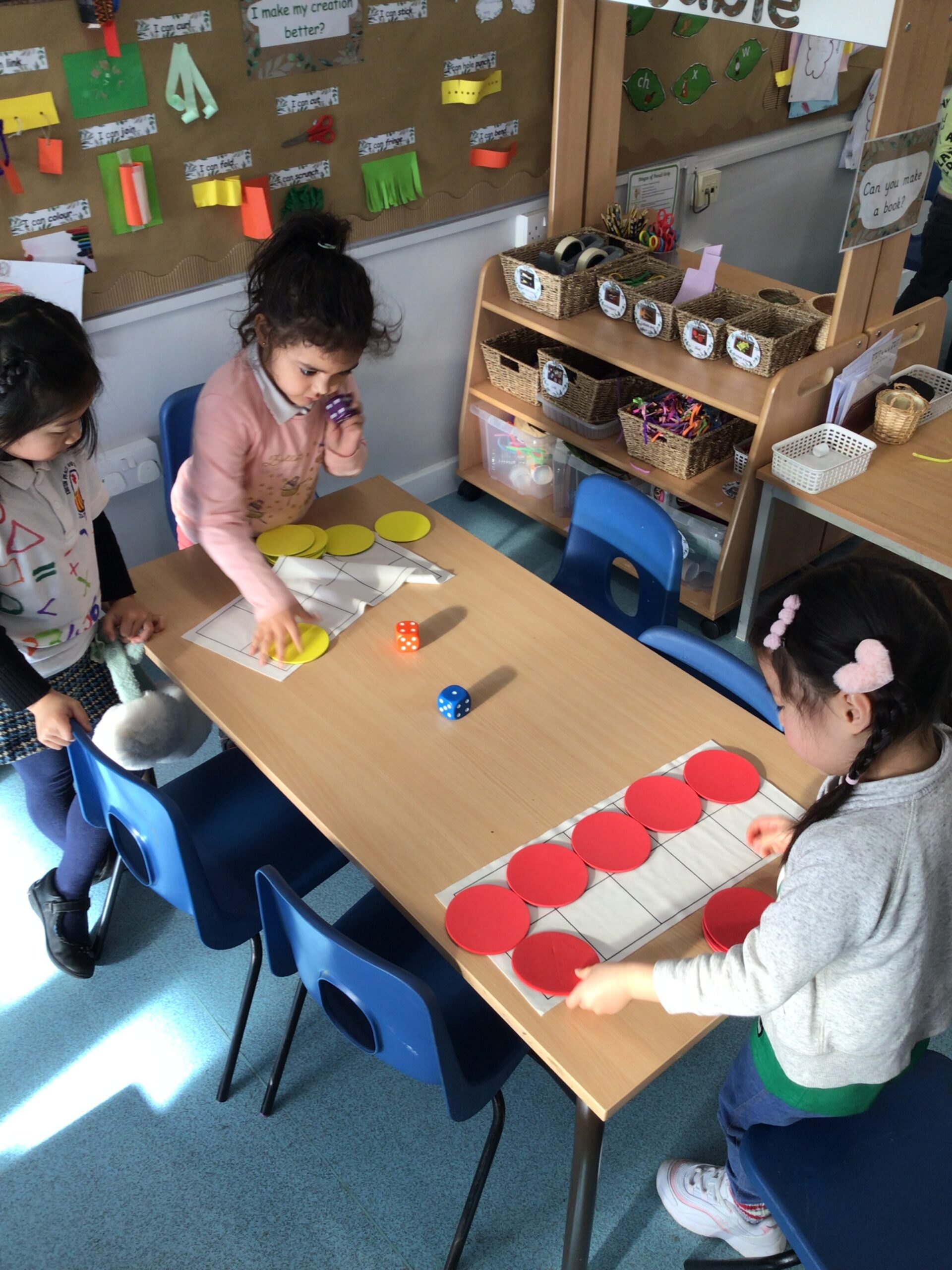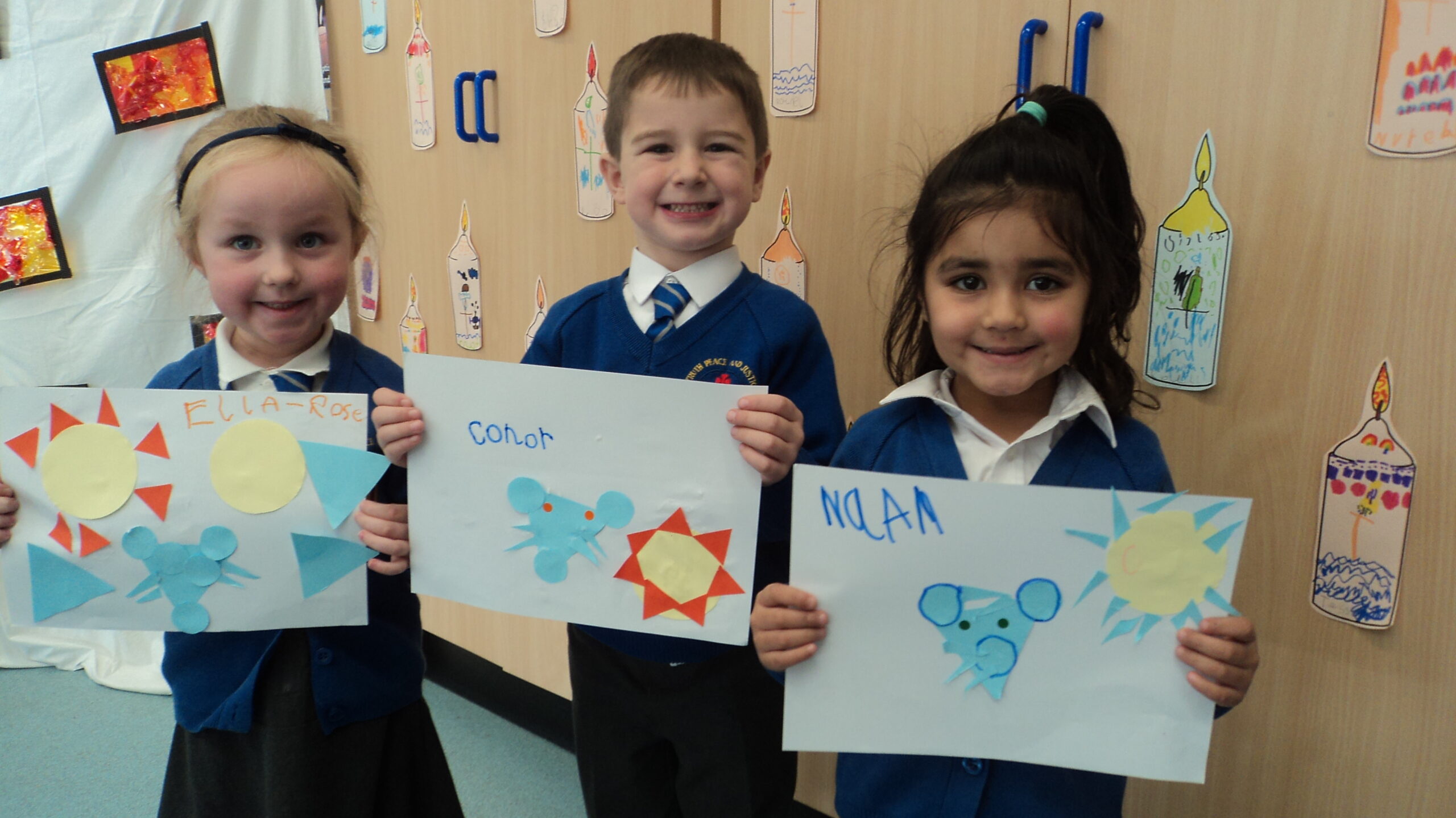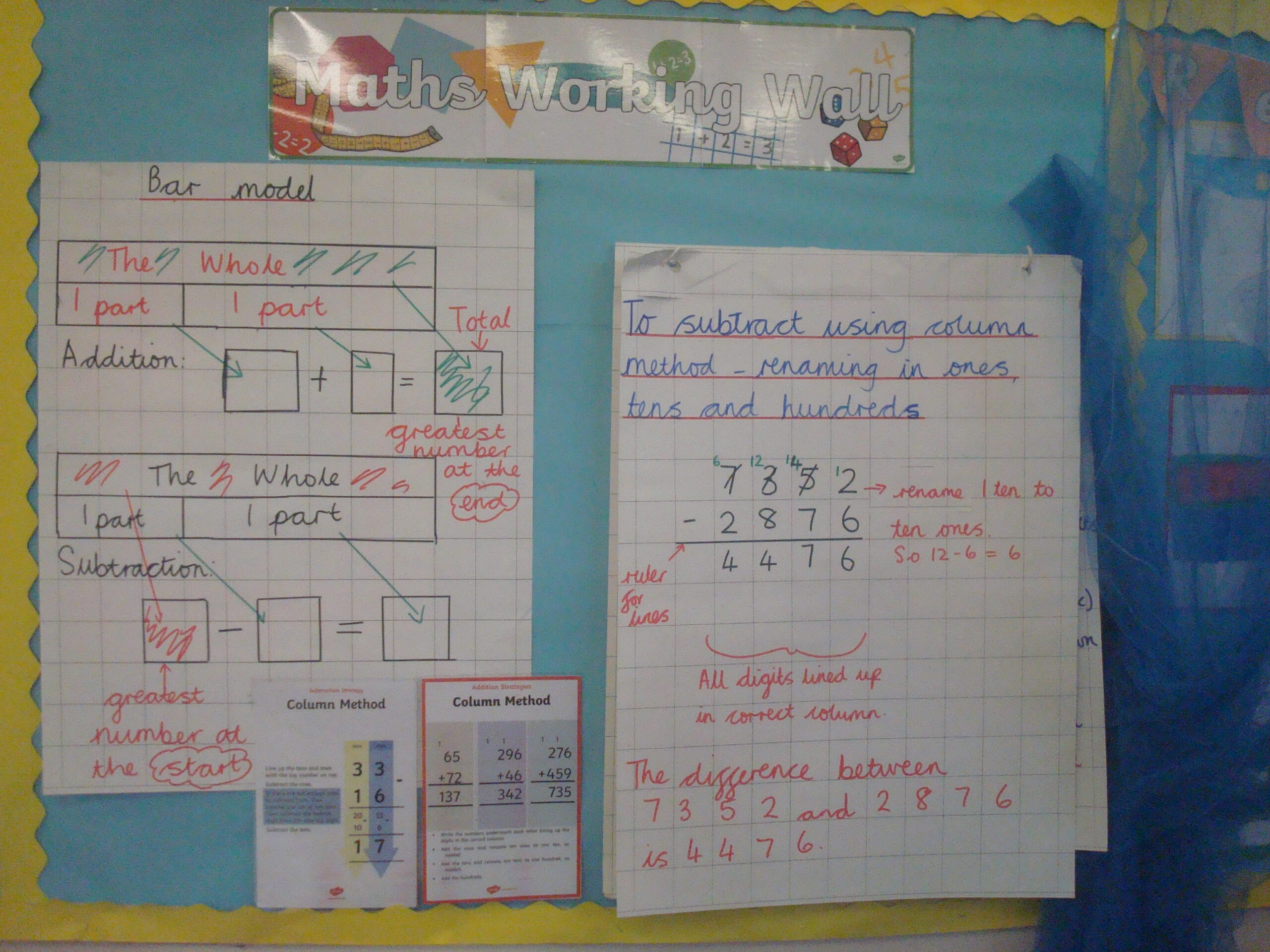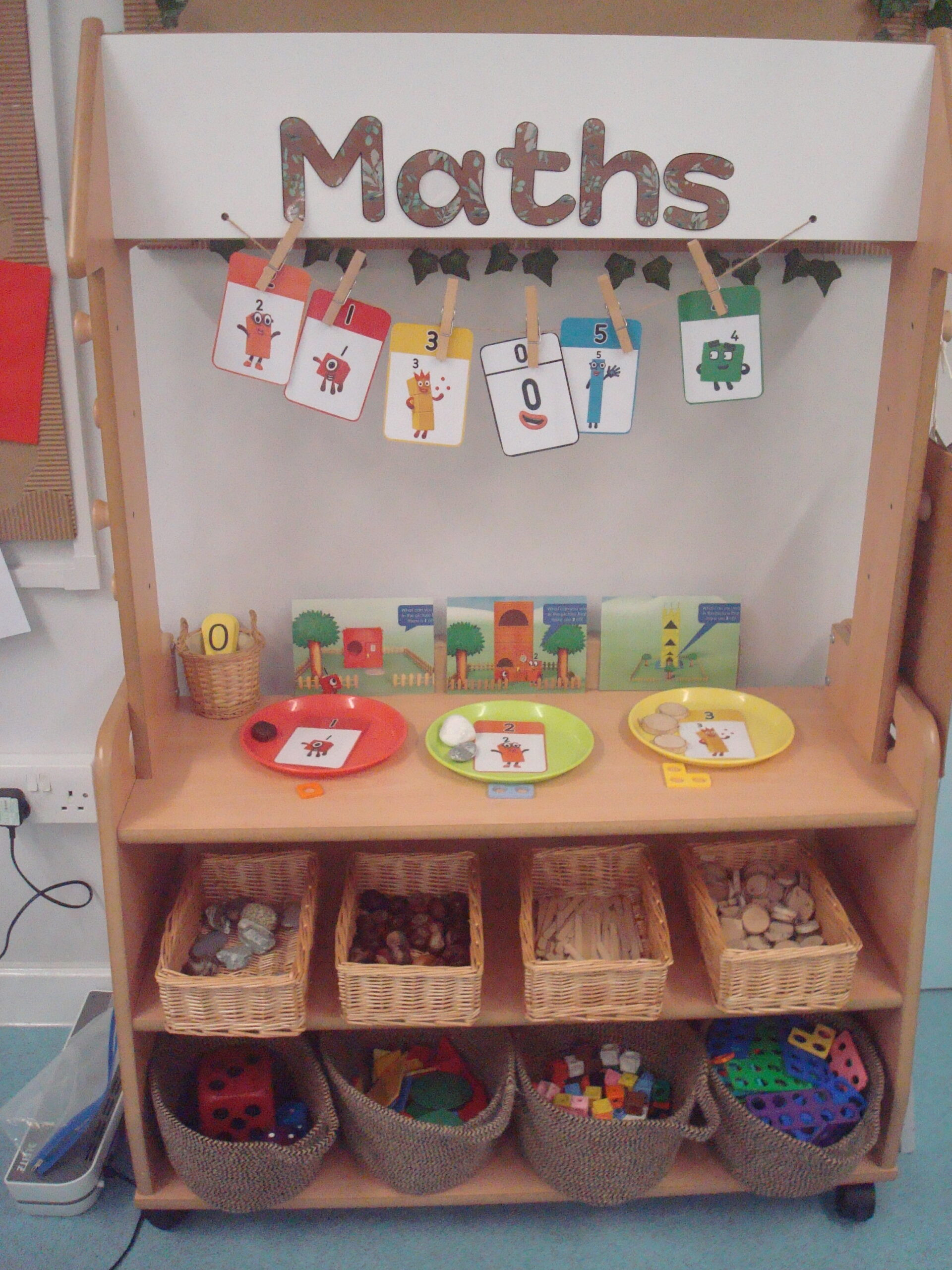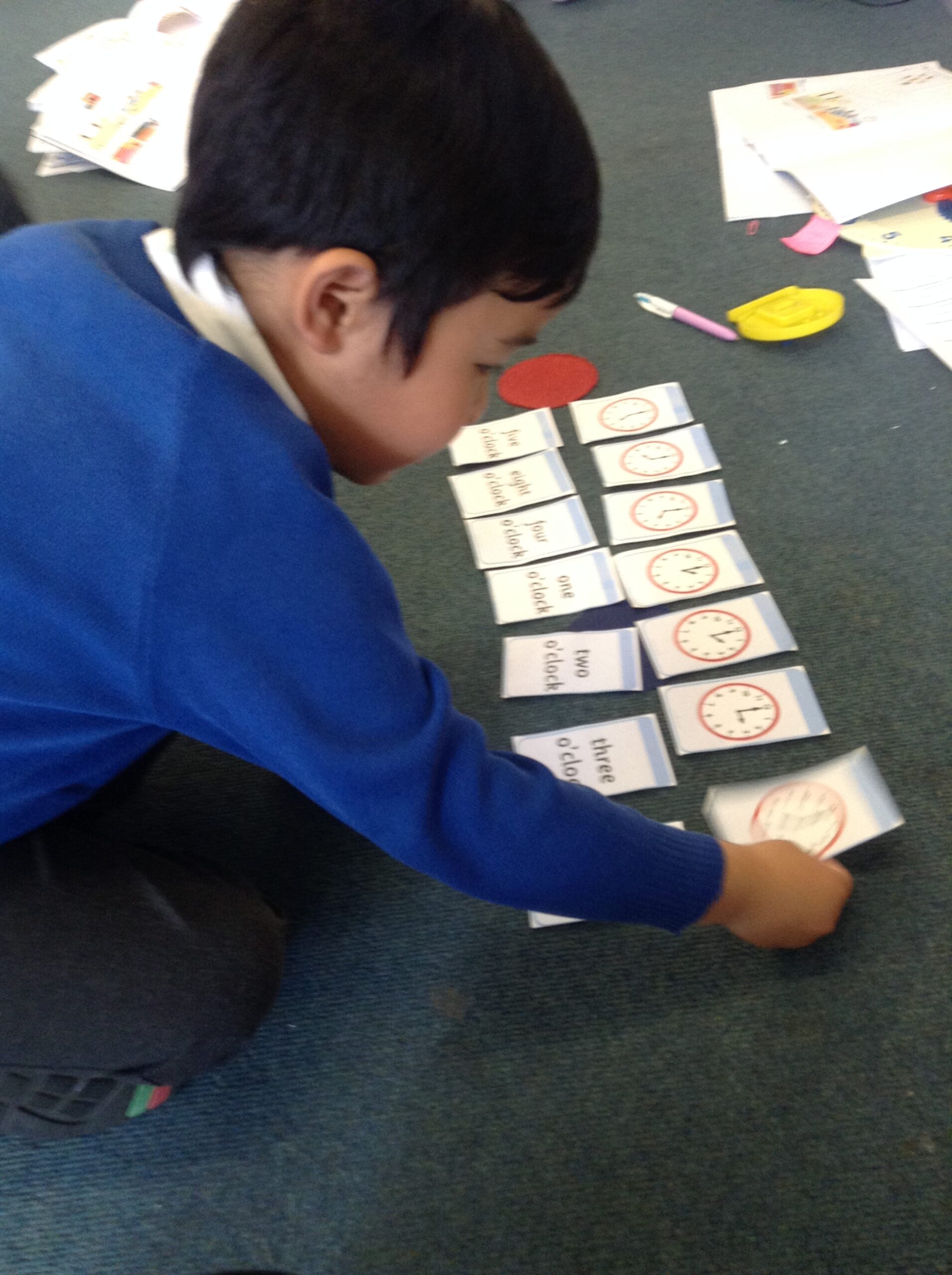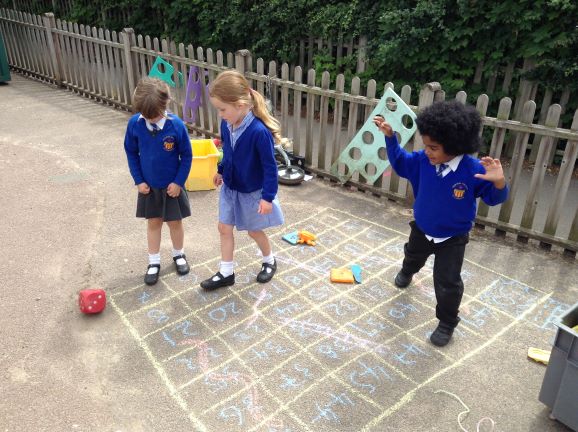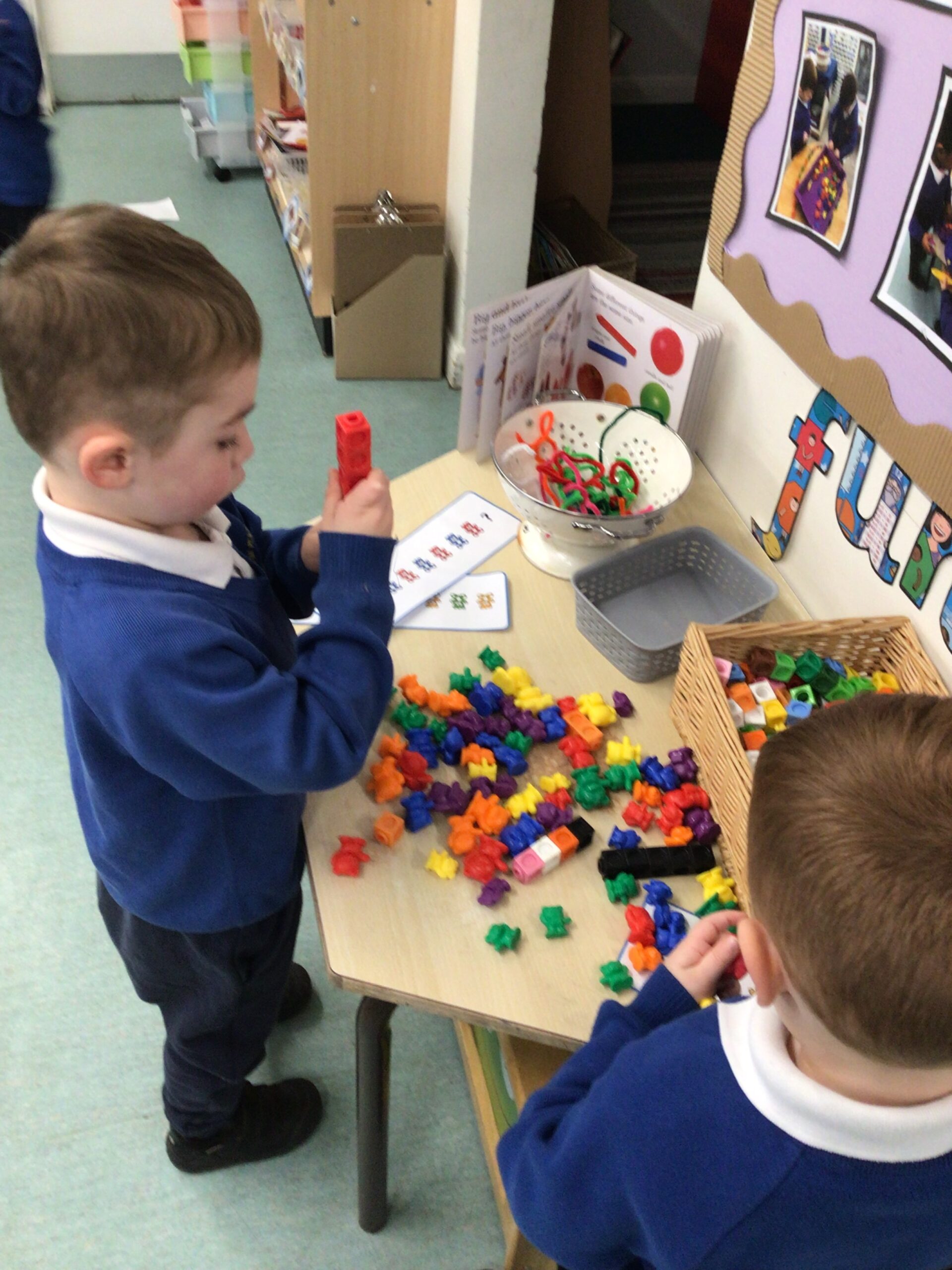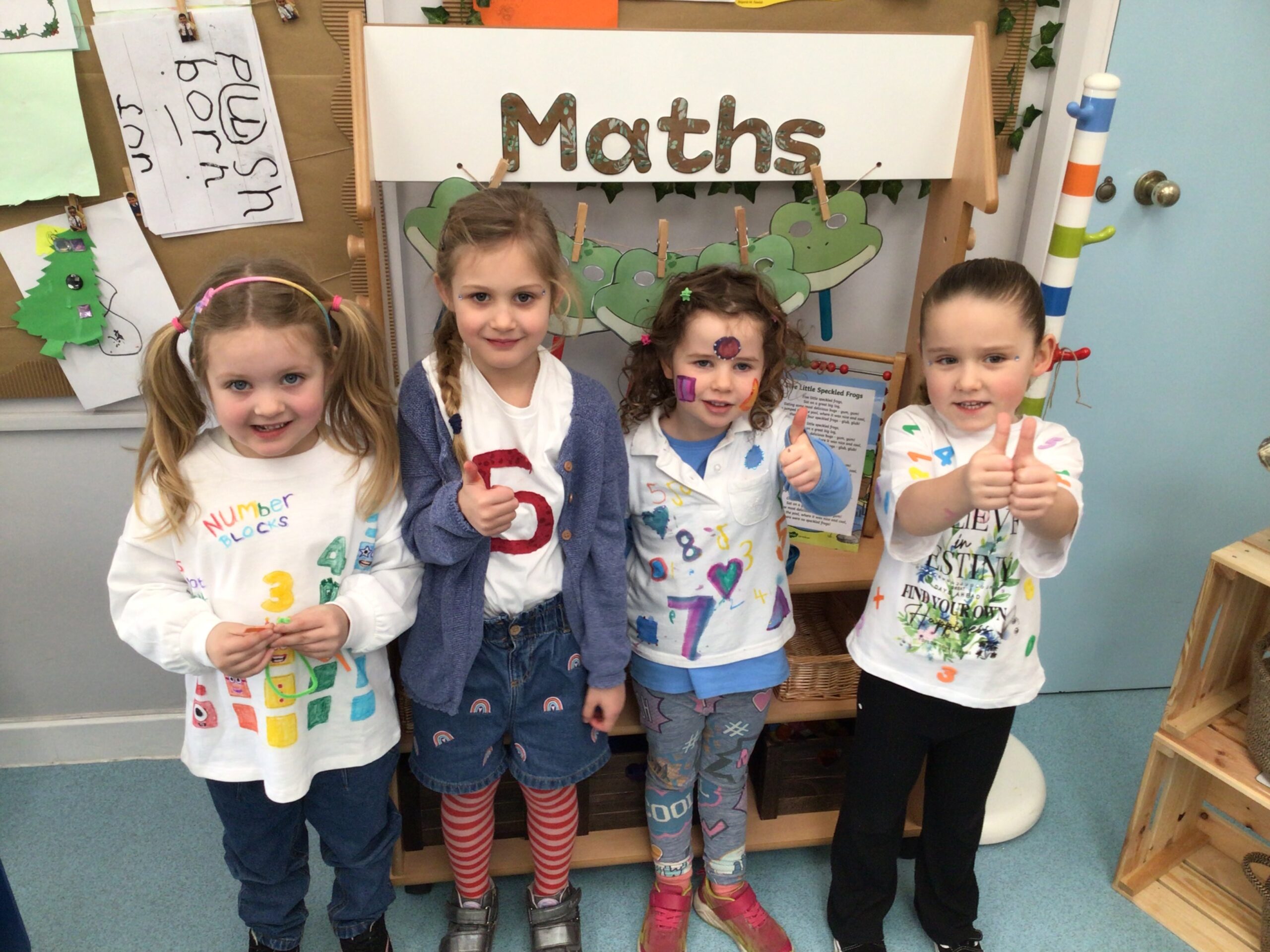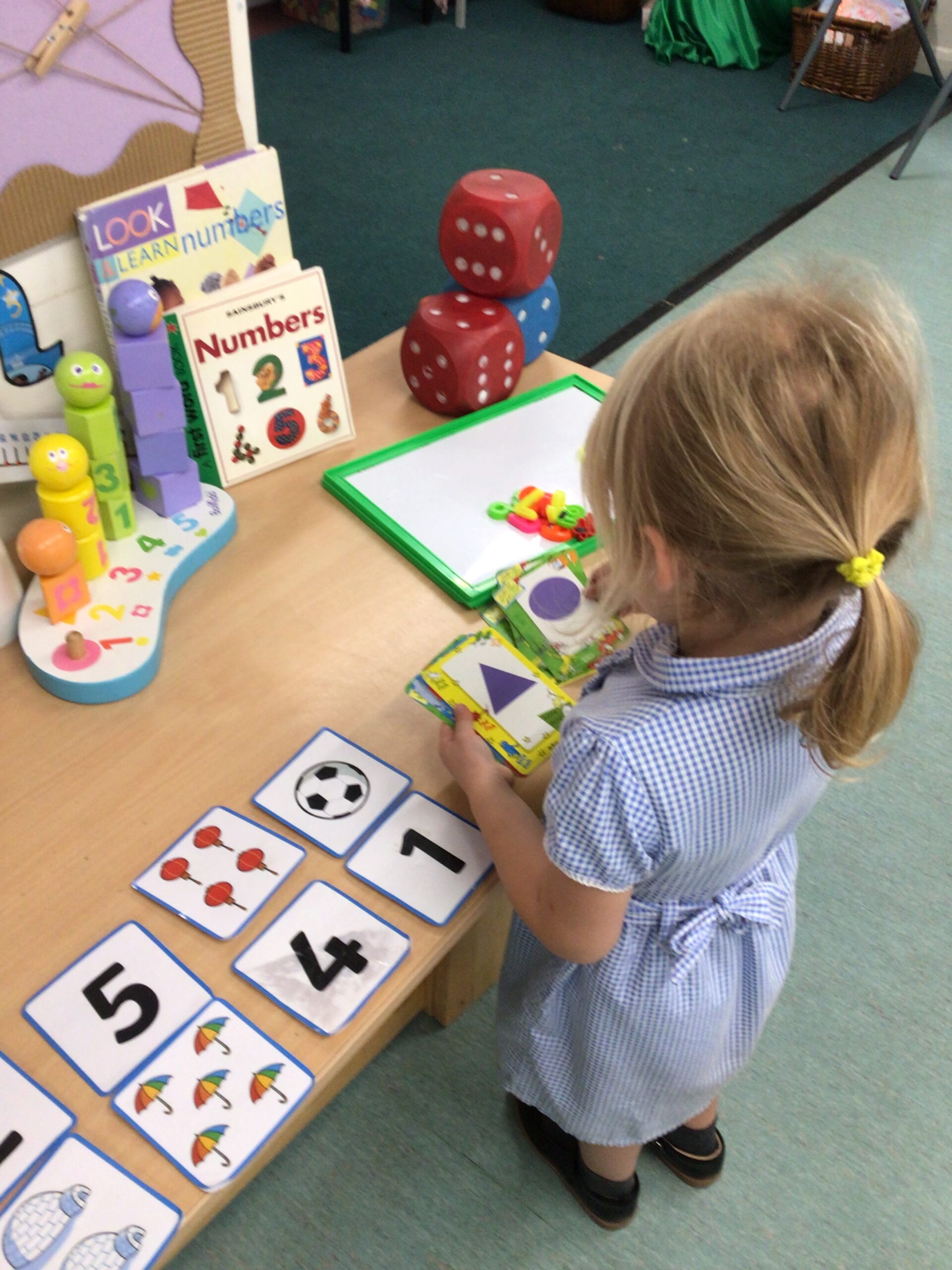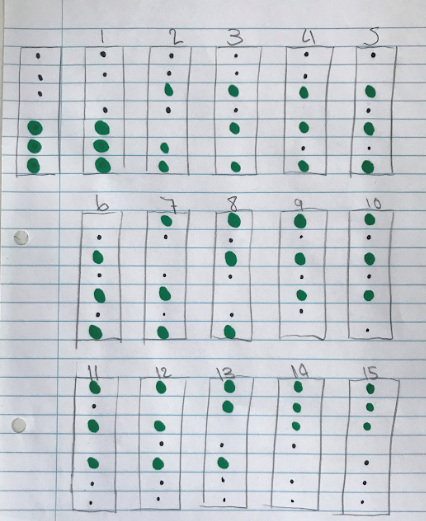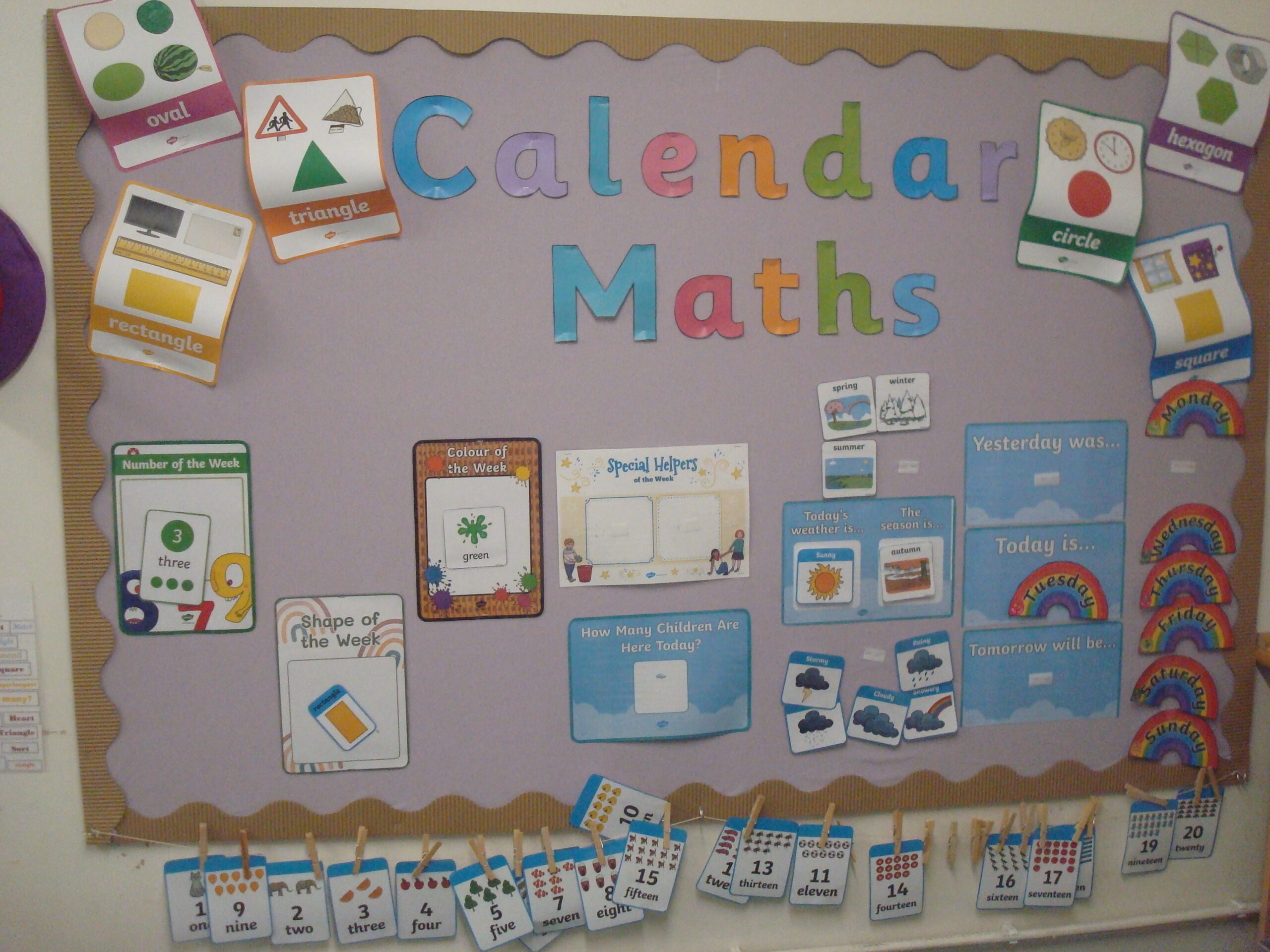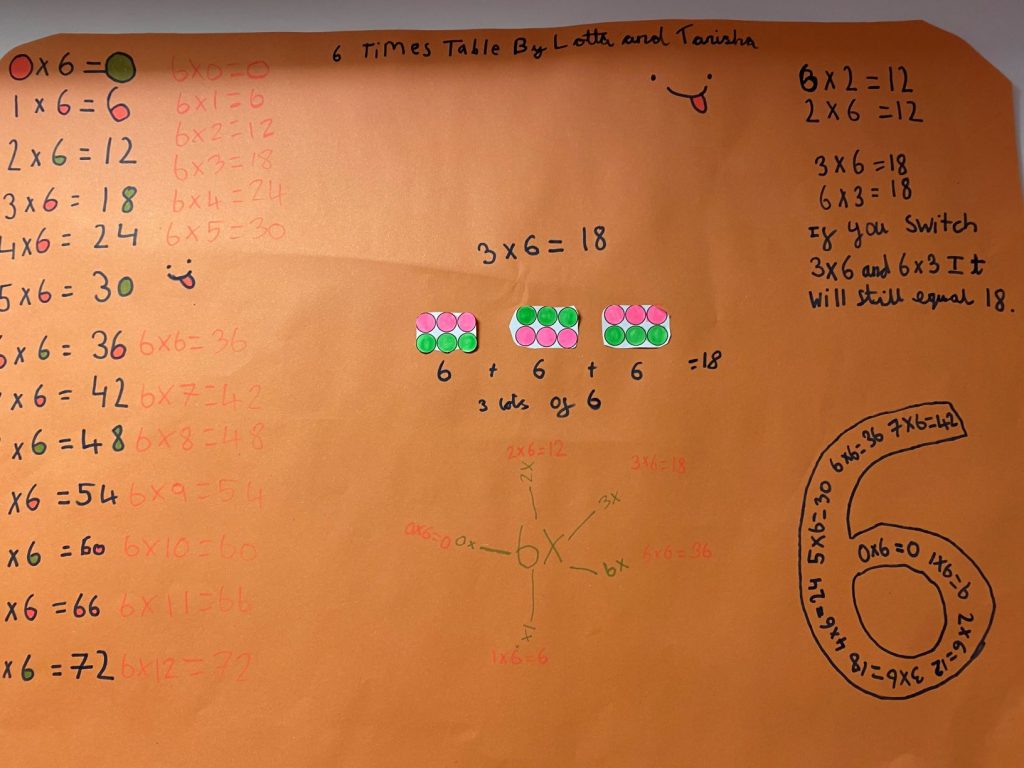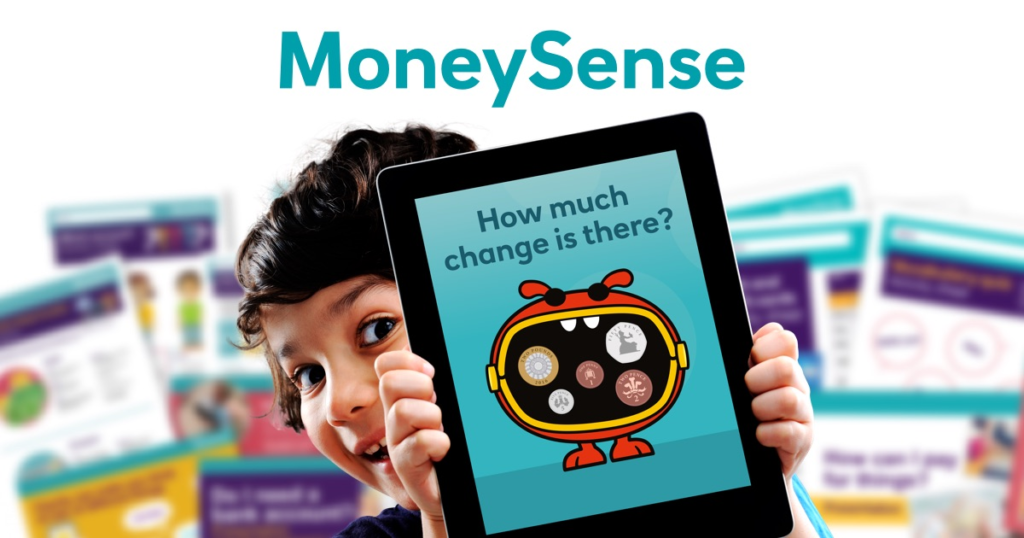We teach early reading and phonics through Little Wandle Letters and Sounds Revised. View our launch presentation for parents below.
More information for parents about our phonics programme is available on the Little Wandle website. The resources on this page will help you support your child with saying their sounds and writing their letters. There are also some useful videos so you can see how they are taught at school and feel confident about supporting their reading at home. Find our full Reception and Year 1 teaching programme overview here to see what your child will learn and when.
Intent
Phonics (reading and spelling)
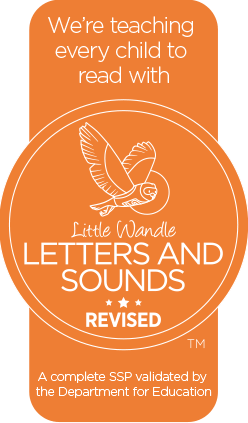
At St Adrian’s Catholic Primary School, we believe that all our children can become fluent readers and writers. This is why we teach reading through Little Wandle Letters and Sounds Revised, which is a systematic and synthetic phonics programme. We start teaching phonics in Nursery/Reception and follow the Little Wandle Letters and Sounds Revised progression, which ensures children build on their growing knowledge of the alphabetic code, mastering phonics to read and spell as they move through school.
As a result, all our children are able to tackle any unfamiliar words as they read. At St Adrian’s Catholic Primary School, we also model the application of the alphabetic code through phonics in shared reading and writing, both inside and outside of the phonics lesson and across the curriculum. We have a strong focus on language development for our children because we know that speaking and listening are crucial skills for reading and writing in all subjects.
Comprehension
At St Adrian’s Catholic Primary School, we value reading as a crucial life skill. By the time children leave us, they read confidently for meaning and regularly enjoy reading for pleasure. Our readers are equipped with the tools to tackle unfamiliar vocabulary. We encourage our children to see themselves as readers for both pleasure and purpose.
Because we believe teaching every child to read is so important, we have a Reading Leader who drives the early reading programme in our school. This person is highly skilled at teaching phonics and reading, and they monitor and support our reading team, so everyone teaches with fidelity to the Little Wandle Letters and Sounds Revised programme.
Implementation
Foundations for phonics in Nursery
- We provide a balance of child-led and adult-led experiences for all children that meet the curriculum expectations for ‘Communication and language’ and ‘Literacy’. These include:
- sharing high-quality stories and poems
- learning a range of nursery rhymes and action rhymes
- activities that develop focused listening and attention, including oral blending
- attention to high-quality language.
- We ensure Nursery children are well prepared to begin learning grapheme-phoneme correspondences (GPCs) and blending in Reception.
Daily phonics lessons in Reception and Year 1
- We teach phonics for 30 minutes a day. In Reception, we build from 10-minute lessons, with additional daily oral blending games, to the full-length lesson as quickly as possible. Each Friday, we review the week’s teaching to help children become fluent readers.
- Children make a strong start in Reception: teaching begins in Week 2 of the Autumn term.
- We follow the Little Wandle Letters and Sounds Revised expectations of progress:
- Children in Reception are taught to read and spell words using Phase 2 and 3 GPCs, and words with adjacent consonants (Phase 4) with fluency and accuracy.
- Children in Year 1 review Phase 3 and 4 and are taught to read and spell words using Phase 5 GPCs with fluency and accuracy.
Daily Keep-up lessons ensure every child learns to read
- Any child who needs additional practice has daily Keep-up support, taught by a fully trained adult. Keep-up lessons match the structure of class teaching, and use the same procedures, resources and mantras, but in smaller steps with more repetition, so that every child secures their learning.
- We timetable daily phonics lessons for any child in Year 2 or 3 who is not fully fluent at reading or has not passed the Phonics screening check. These children urgently need to catch up, so the gap between themselves and their peers does not widen. We use the Little Wandle Letters and Sounds Revised assessments to identify the gaps in their phonic knowledge and teach to these using the Keep-up resources – at pace.
- If any child in Year 3 to 6 has gaps in their phonic knowledge when reading or writing, we plan phonics ‘catch-up’ lessons to address specific reading/writing gaps. These short, sharp lessons last 10 minutes and take place at least three times a week.
Teaching reading: Reading practice sessions three times a week
- We teach children to read through reading practice sessions three times a week. These:
- are taught by a fully trained adult to small groups of approximately six children
- use books matched to the children’s secure phonic knowledge using the Little Wandle Letters and Sounds Revised assessments and book matching grids on pages 11–20 of ‘Application of phonics to reading’
- are monitored by the class teacher, who rotates and works with each group on a regular basis.
- Each reading practice session has a clear focus, so that the demands of the session do not overload the children’s working memory. The reading practice sessions have been designed to focus on three key reading skills:
- decoding
- prosody: teaching children to read with understanding and expression
- comprehension: teaching children to understand the text.
- In Reception these sessions start in Week 4. Children who are not yet decoding have daily additional blending practice in small groups, so that they quickly learn to blend and can begin to read books.
- In Year 2 and 3, we continue to teach reading in this way for any children who still need to practise reading with decodable books.
Home reading
- The decodable reading practice book is taken home to ensure success is shared with the family. All of our families have access to our eBook library.
- Reading for pleasure books also go home for parents to share and read to children.
- We use the Little Wandle Letters and Sounds Revised parents’ resources to engage our families and share information about phonics, the benefits of sharing books, how children learn to blend and other aspects of our provision, both online and through workshops.
Additional reading support for vulnerable children
- Children in Reception and Year 1 who are receiving additional phonics Keep-up sessions read their reading practice book to an adult daily.
Ensuring consistency and pace of progress
- Every teacher in our school has been trained to teach reading, so we have the same expectations of progress. We all use the same language, routines and resources to teach children to read so that we lower children’s cognitive load.
- Weekly content grids map each element of new learning to each day, week and term for the duration of the programme.
- Lesson templates, Prompt cards and How to videos ensure teachers all have a consistent approach and structure for each lesson.
- The Reading Leader and SLT use the Audit and Prompt cards to regularly monitor and observe teaching; they use the summative data to identify children who need additional support and gaps in learning.
Ensuring reading for pleasure
‘Reading for pleasure is the single most important indicator of a child’s success.’ (OECD 2002)
‘The will influences the skill and vice versa.’ (OECD 2010)
We value reading for pleasure highly and work hard as a school to grow our Reading for Pleasure pedagogy.
- We read to children every day. We choose these books carefully as we want children to experience a wide range of books, including books that reflect the children at St Adrian’s Catholic Primary School and our local community as well as books that open windows into other worlds and cultures.
- Every classroom has an inviting book corner that encourages a love for reading. We curate these books and talk about them to entice children to read a wide range of books.
- In Nursery/Reception, children have access to the reading corner every day in their free flow time and the books are continually refreshed.
- Children from Nursery/Reception onwards have a home reading record. The parent/carer records comments to share with the adults in school and the adults will write in this on a regular basis to ensure communication between home and school.
- As the children progress through the school, they are encouraged to write their own comments and keep a list of the books/authors that they have read.
- Each class visits the local library every half term.
- The school library is made available for classes to use at protected times. It must be booked via the school booking system. Children across the school have regular opportunities to engage with a wide range of Reading for Pleasure events (book fairs, author visits and workshops, national events etc).
Impact
Assessment
Assessment is used to monitor progress and to identify any child needing additional support as soon as they need it.
- Assessment for learning is used:
- daily within class to identify children needing Keep-up support
- weekly in the Review lesson to assess gaps, address these immediately and secure fluency of GPCs, words and spellings.
- Summative assessment is used:
- every six weeks to assess progress, to identify gaps in learning that need to be addressed, to identify any children needing additional support and to plan the Keep-up support that they need.
- by SLT and scrutinised through the Little Wandle Letters and Sounds Revised assessment tracker, to narrow attainment gaps between different groups of children and so that any additional support for teachers can be put into place.
- The Little Wandle Letters and Sounds Revised placement assessment is used:
- with any child new to the school to quickly identify any gaps in their phonic knowledge and plan provide appropriate extra teaching.
Statutory assessment
- Children in Year 1 sit the Phonics screening check. Any child not passing the check re-sits it in Year 2.
Ongoing assessment for catch-up
- Children in Year 2 to 6 are assessed through:
- their teacher’s ongoing formative assessment
- the Little Wandle Letters and Sounds placement assessment
- the appropriate half-termly assessments.
